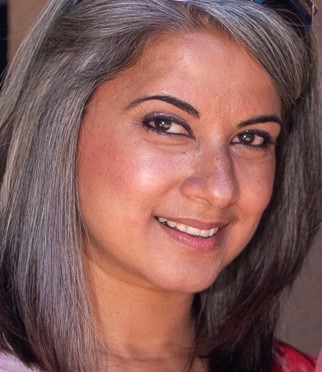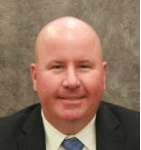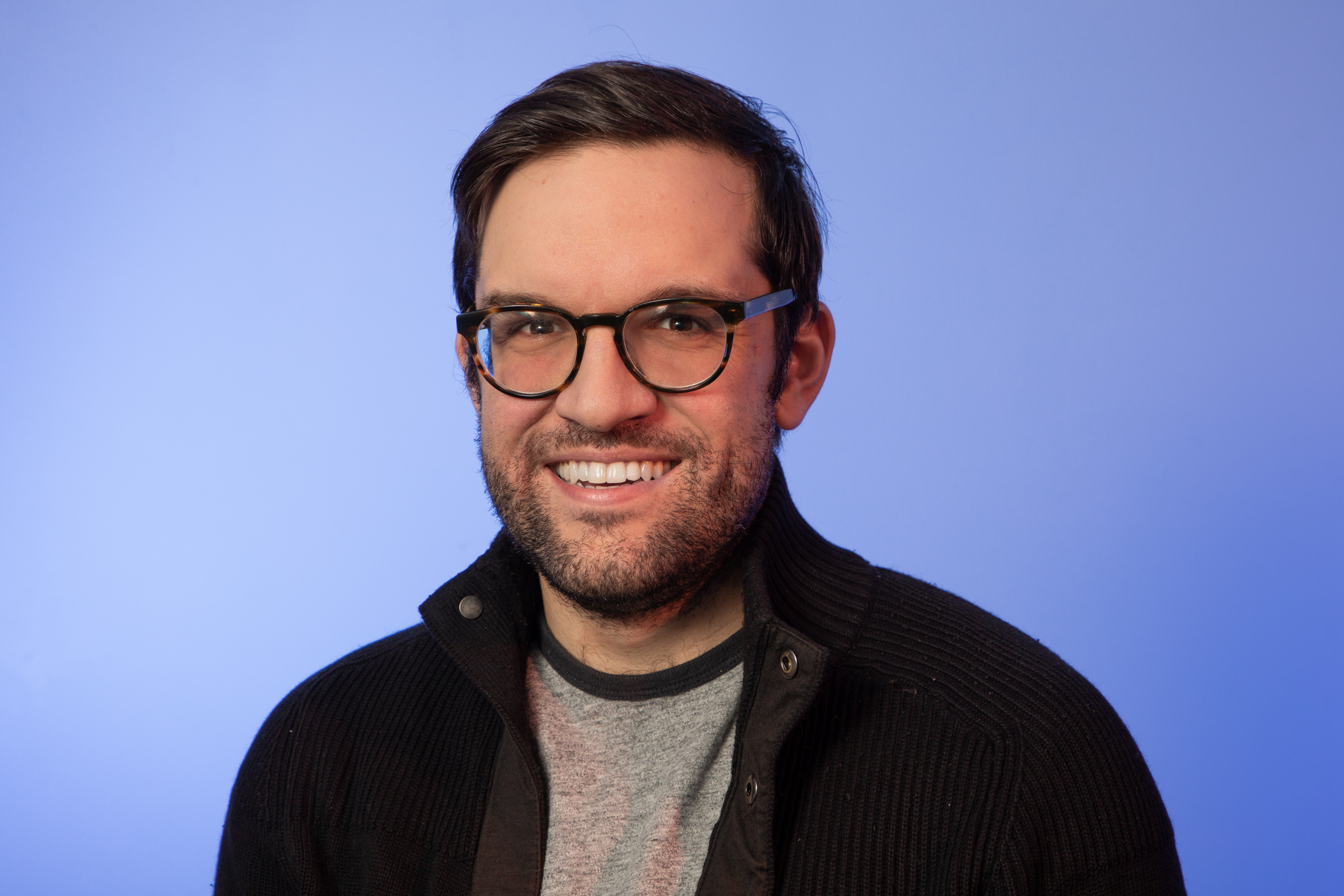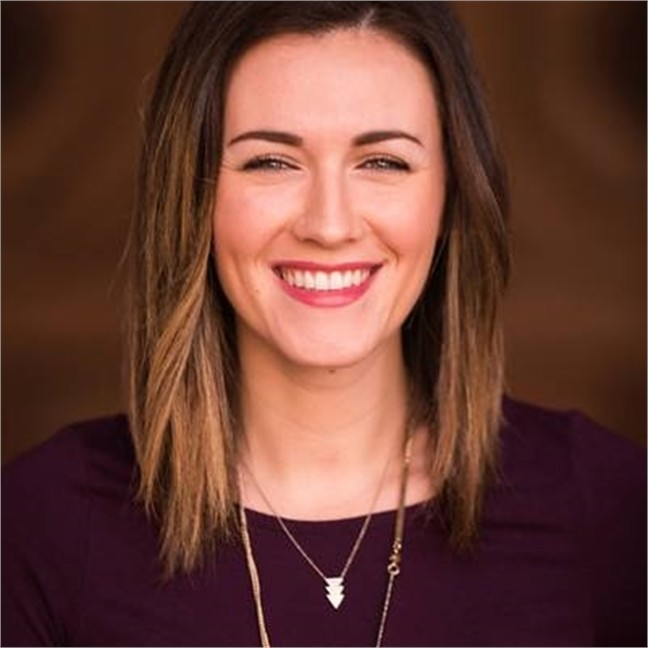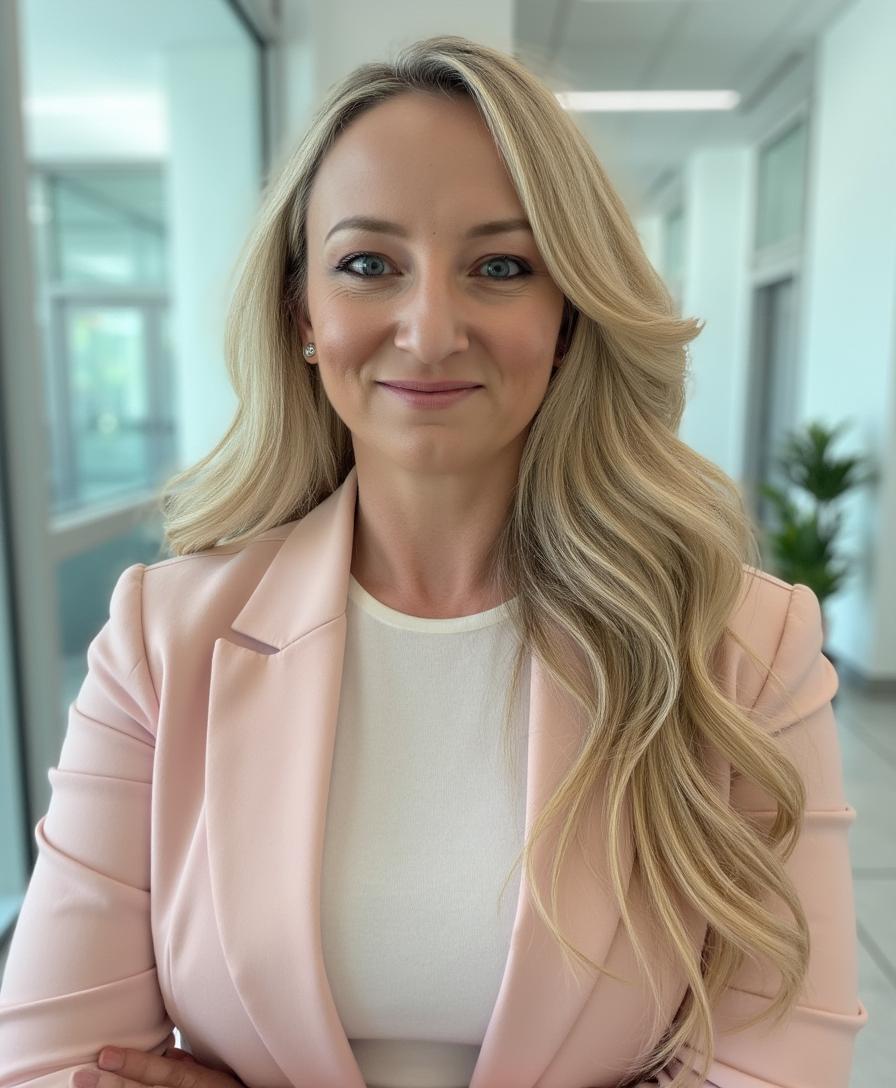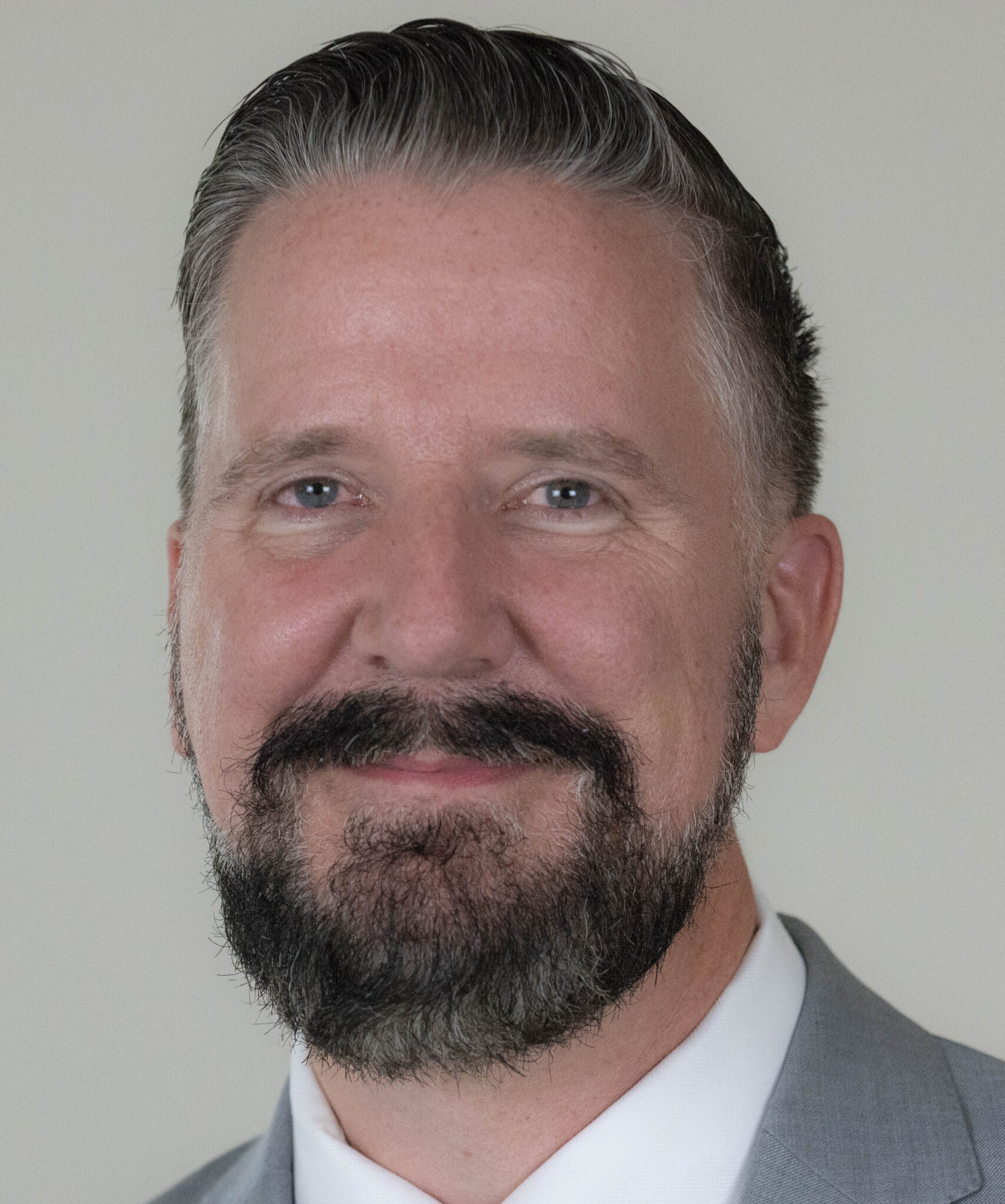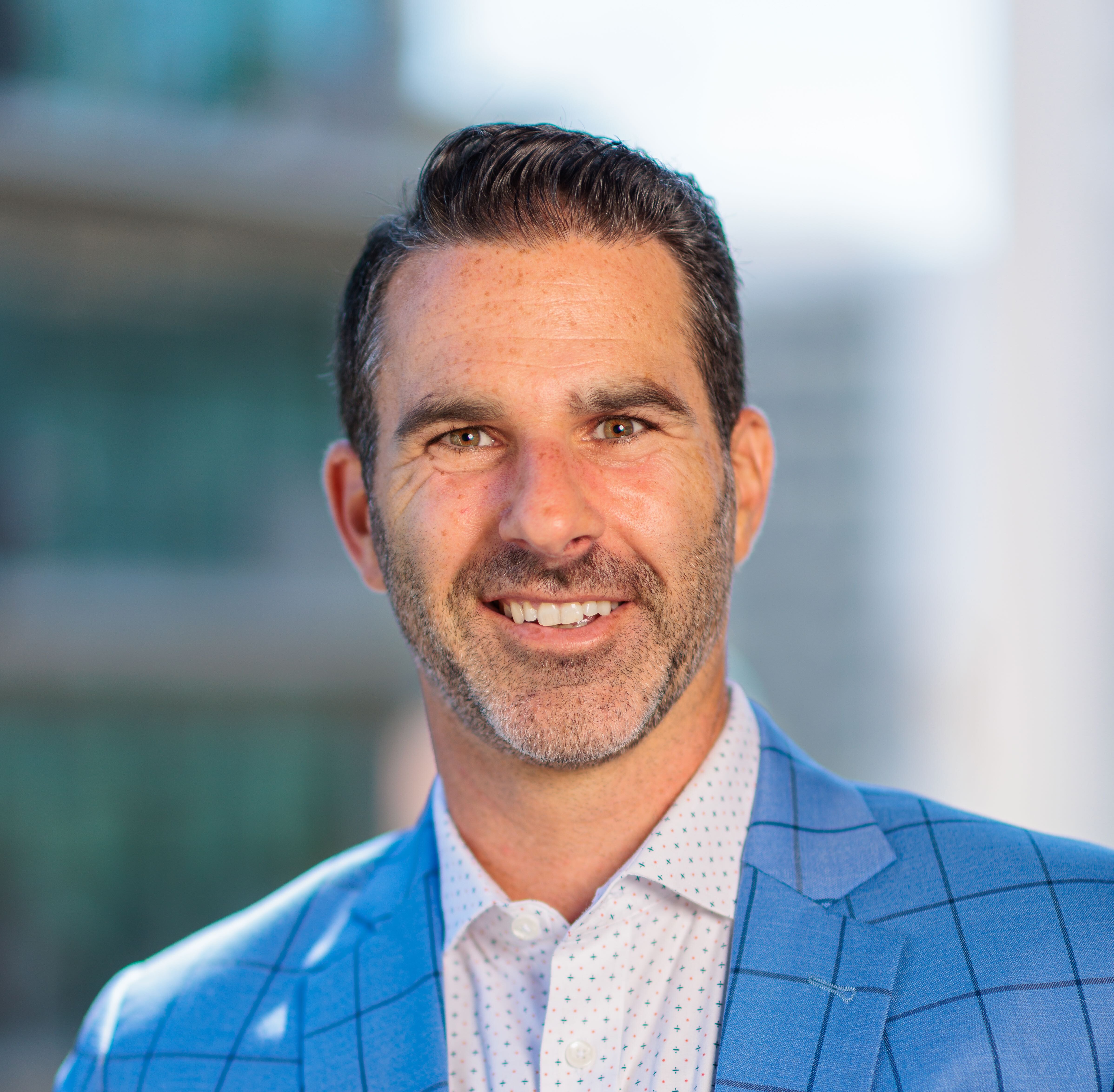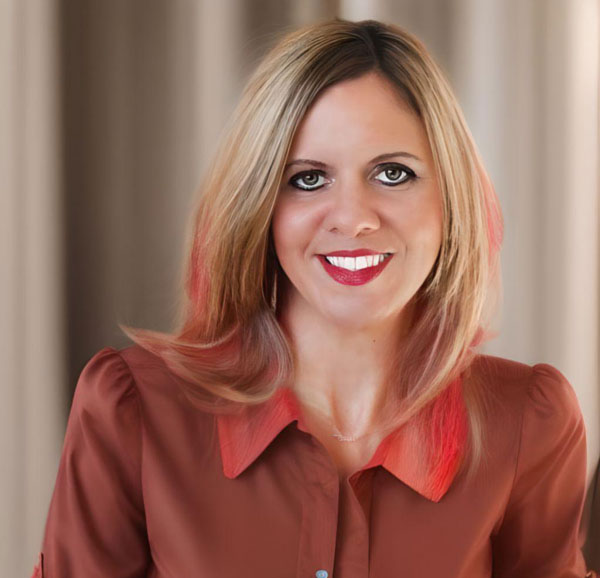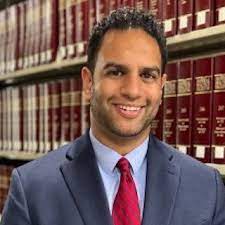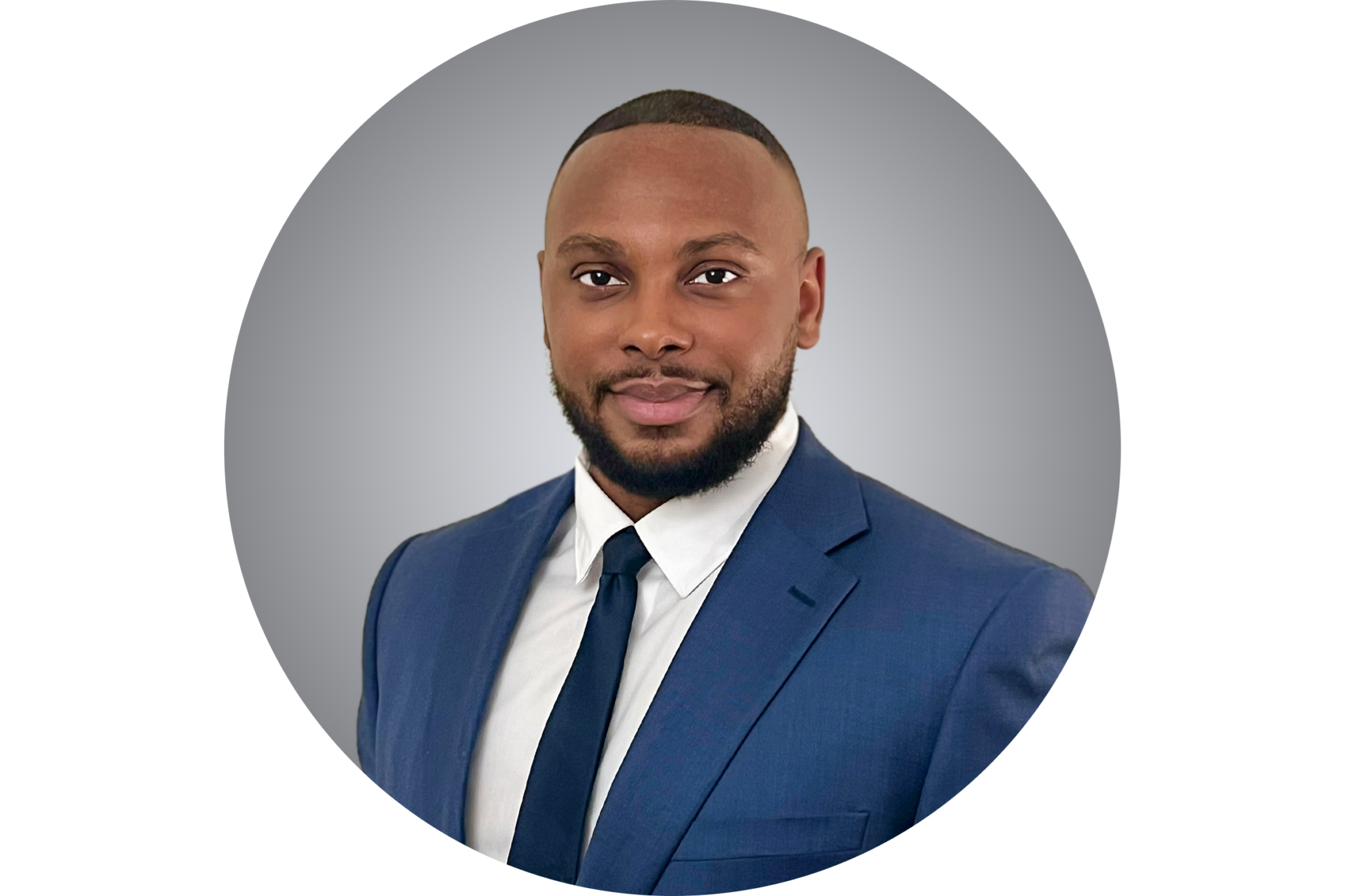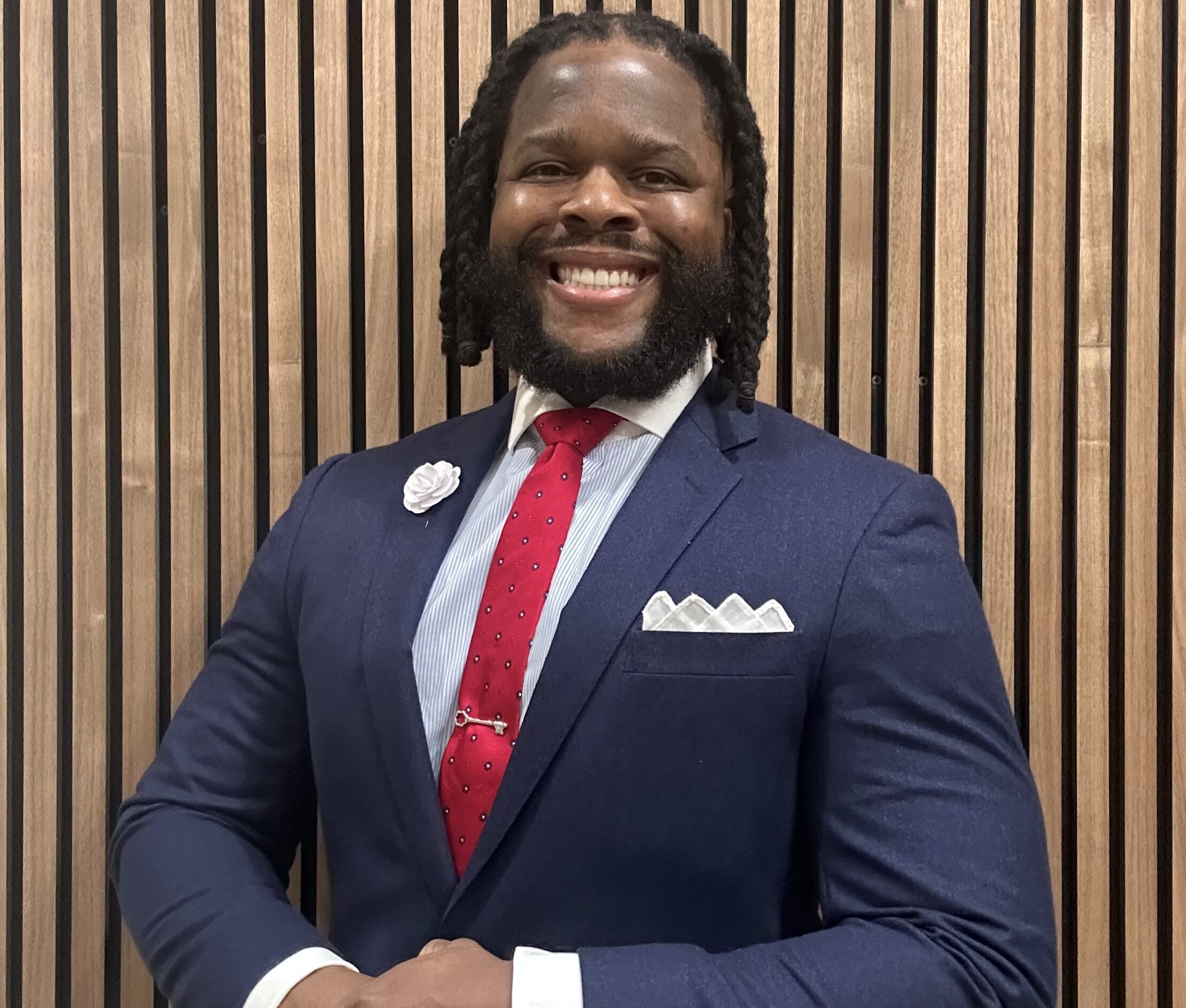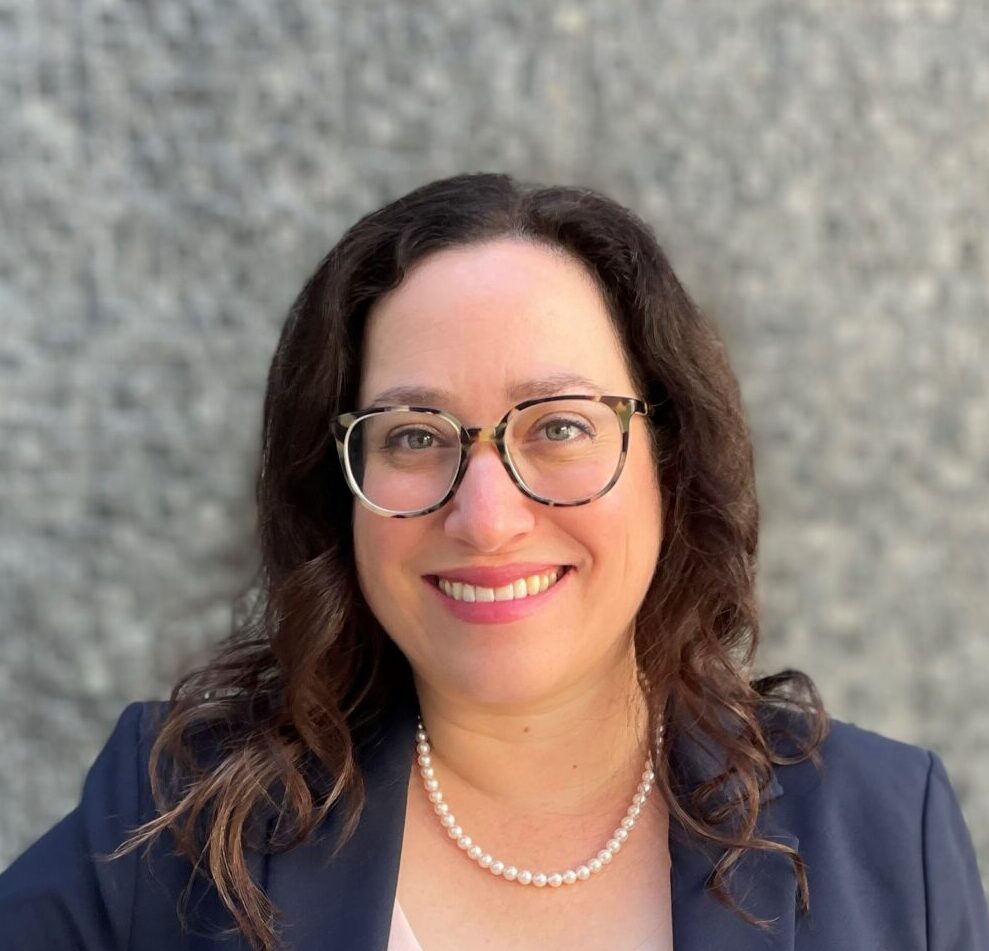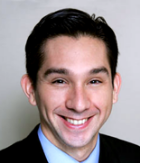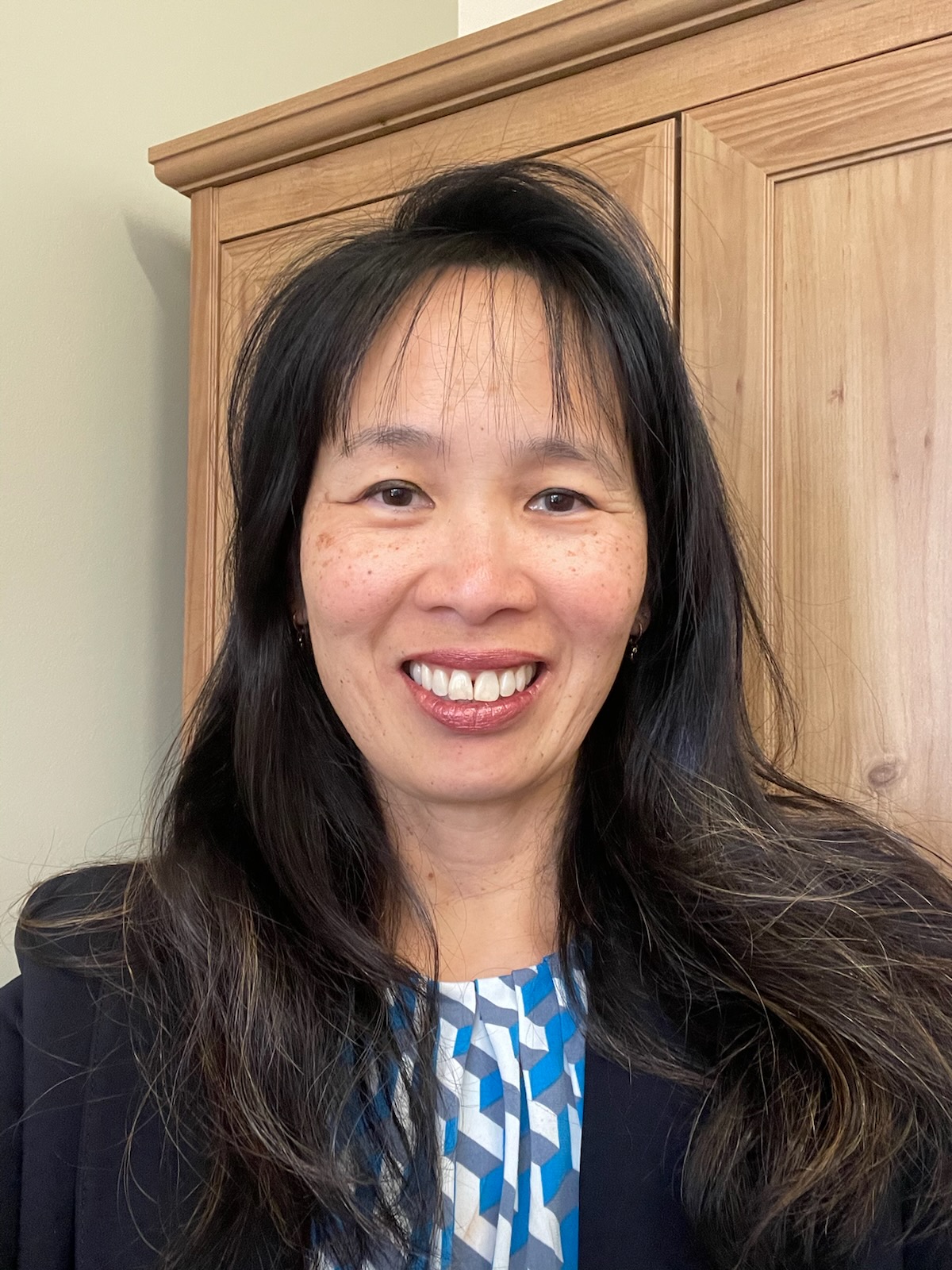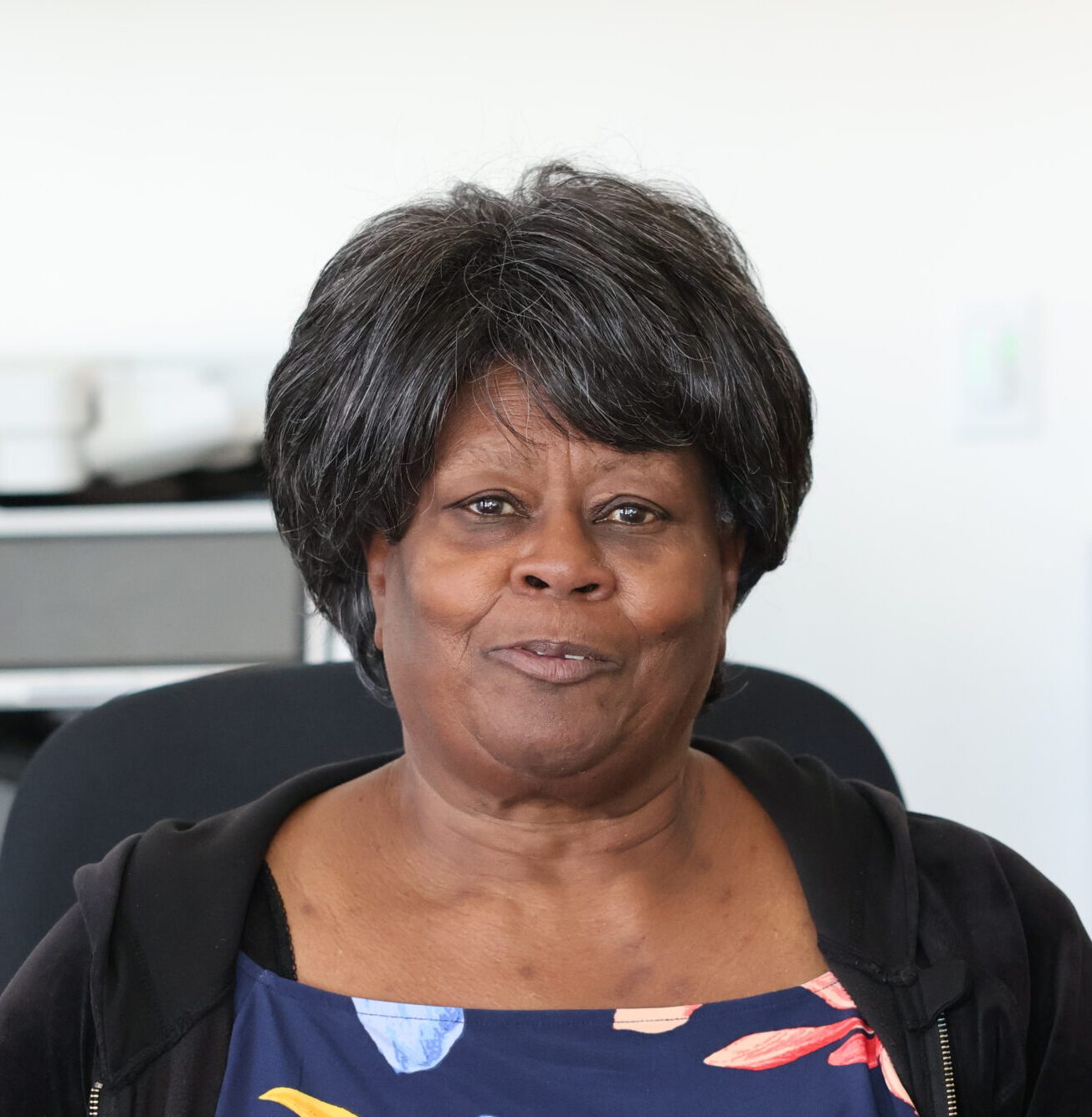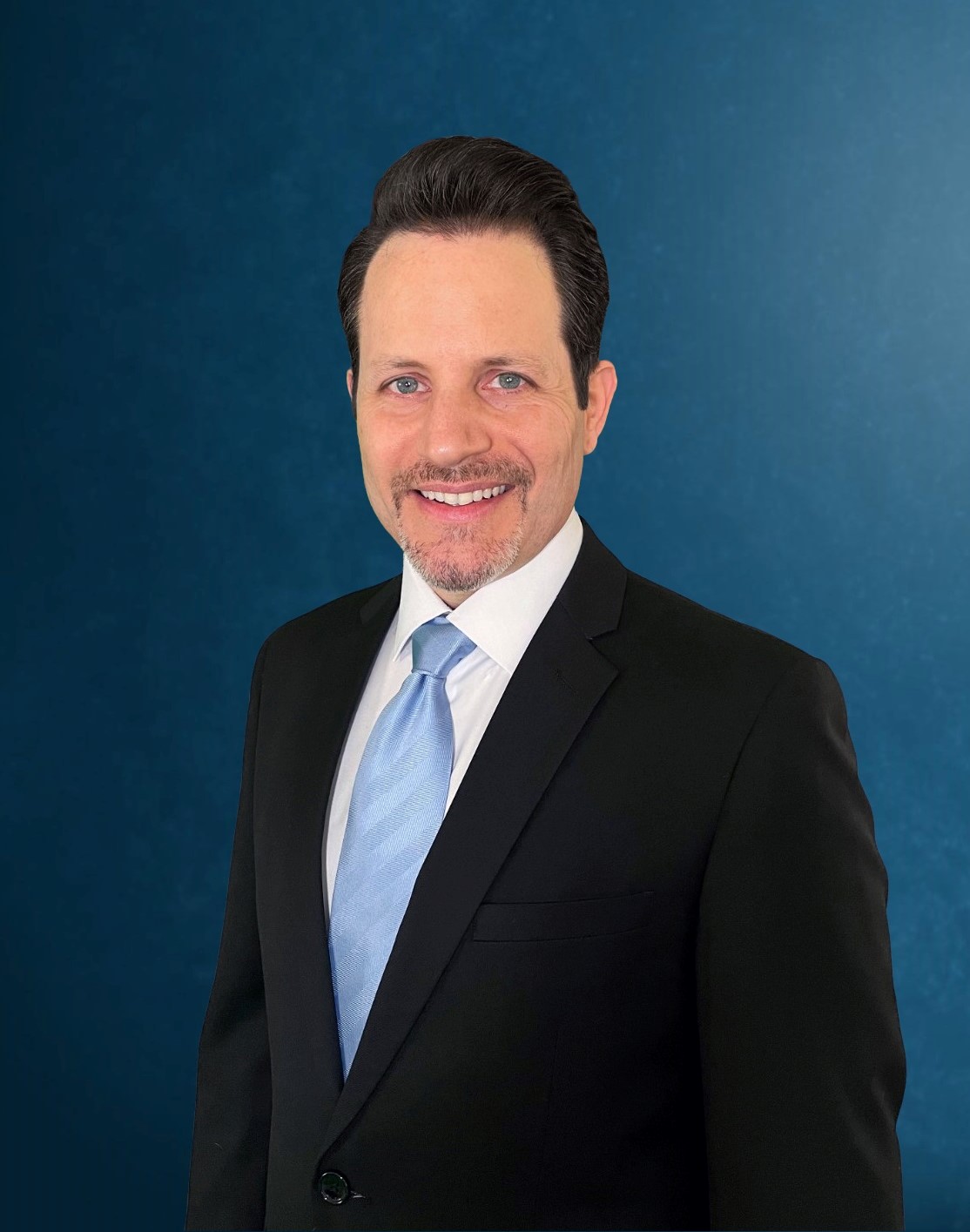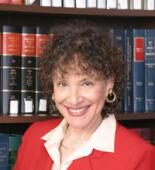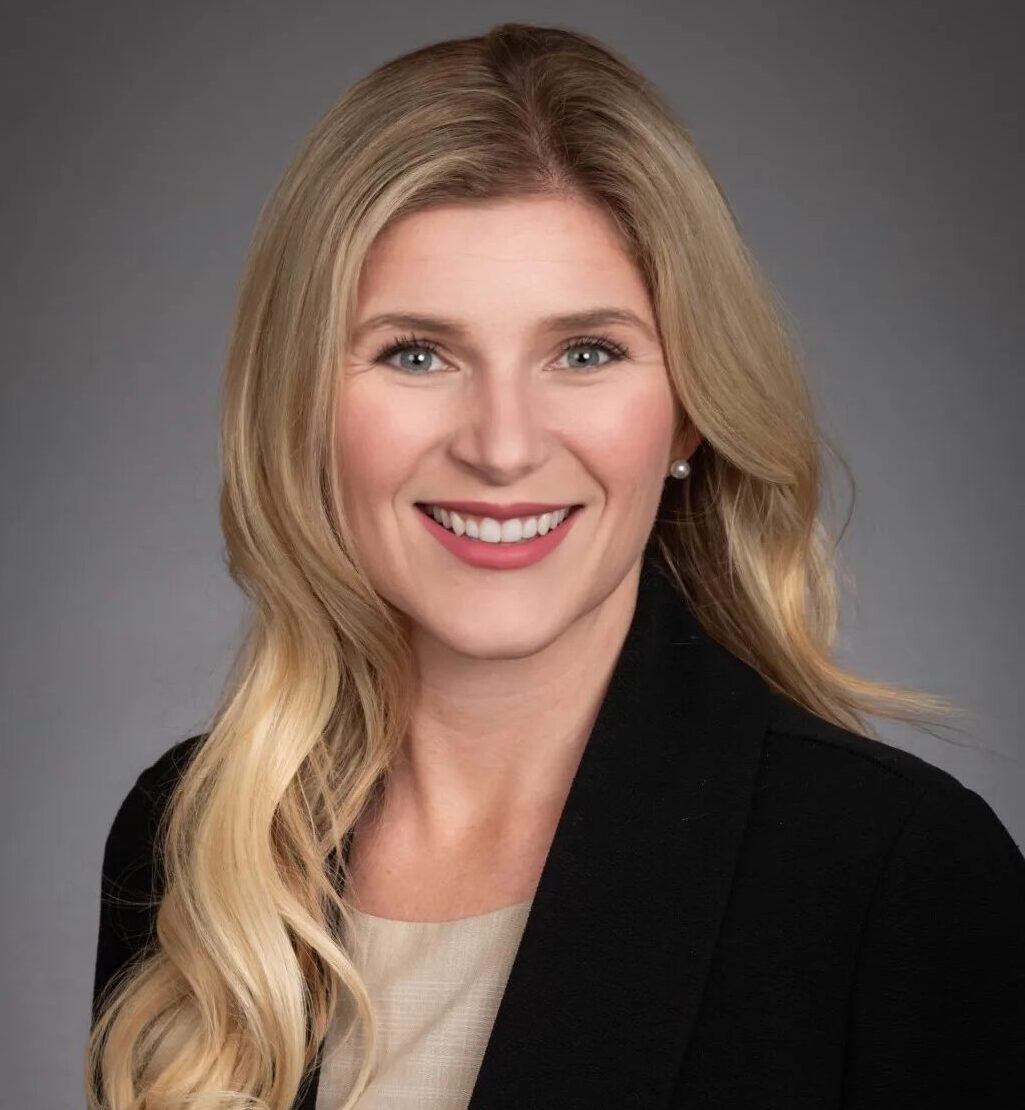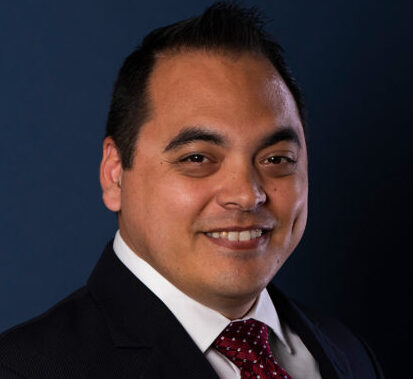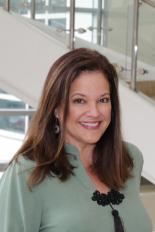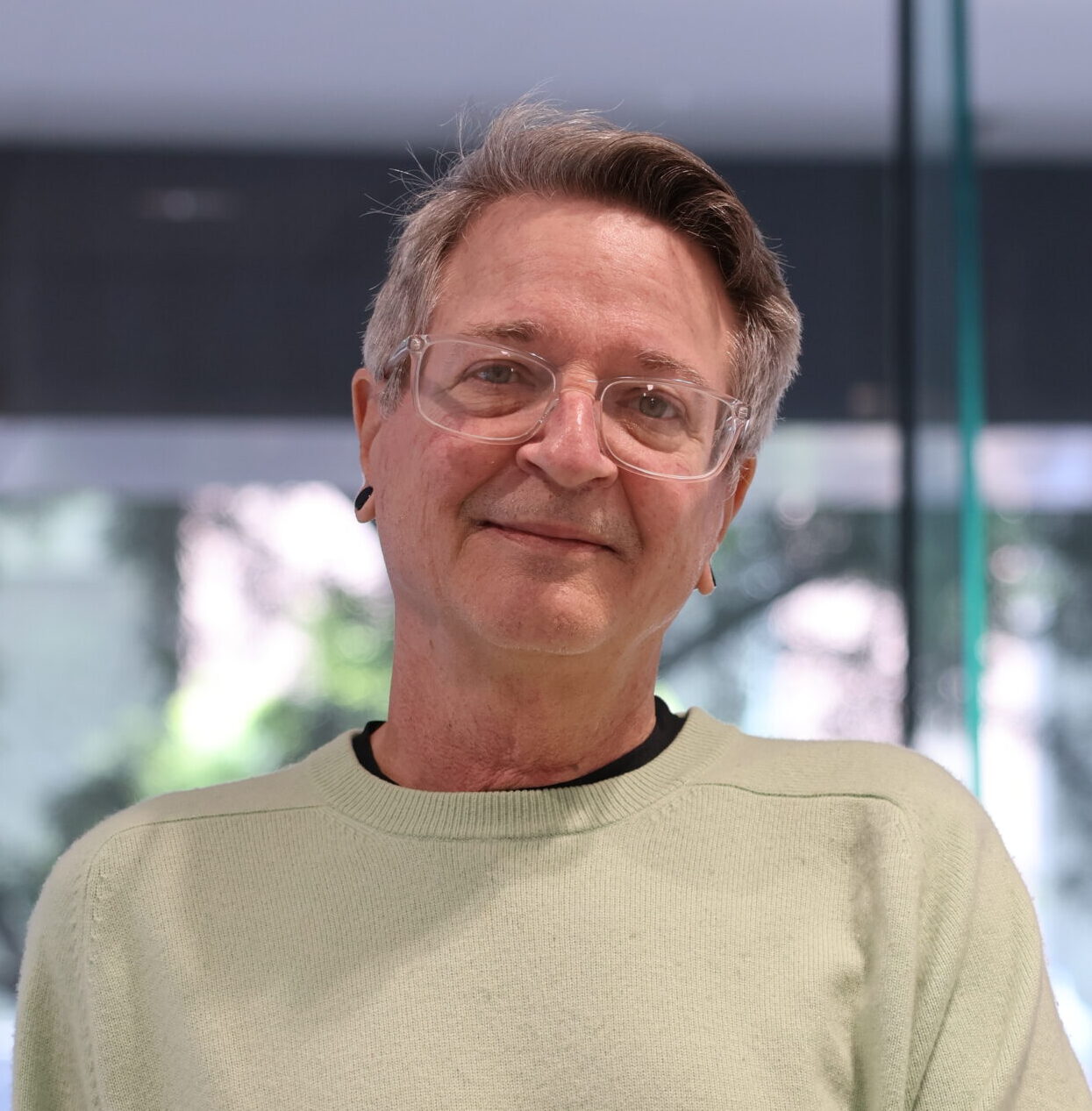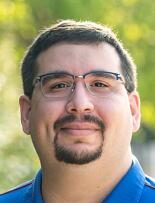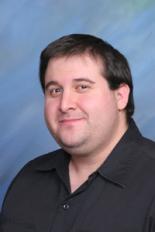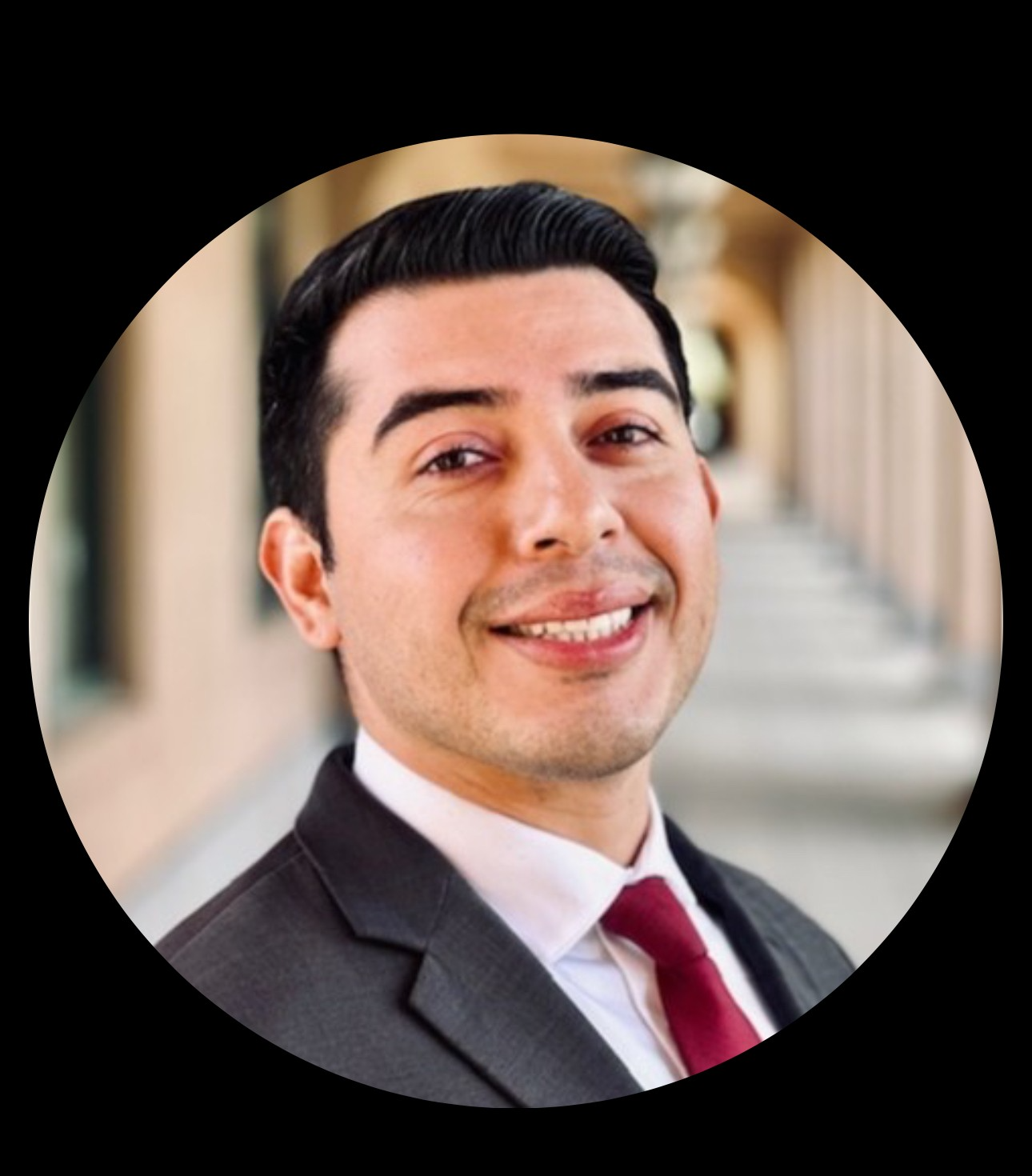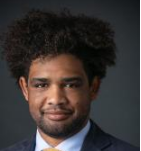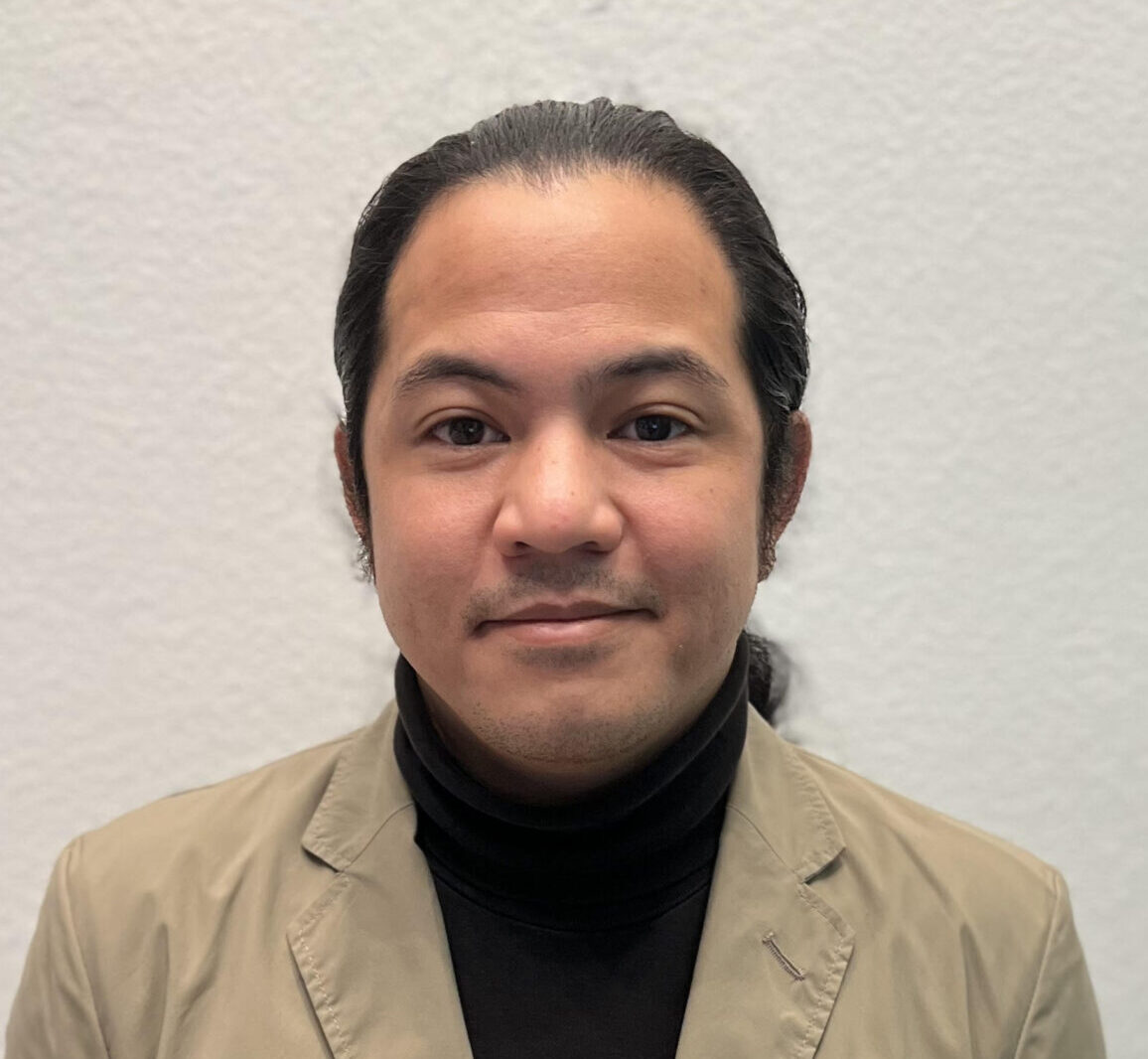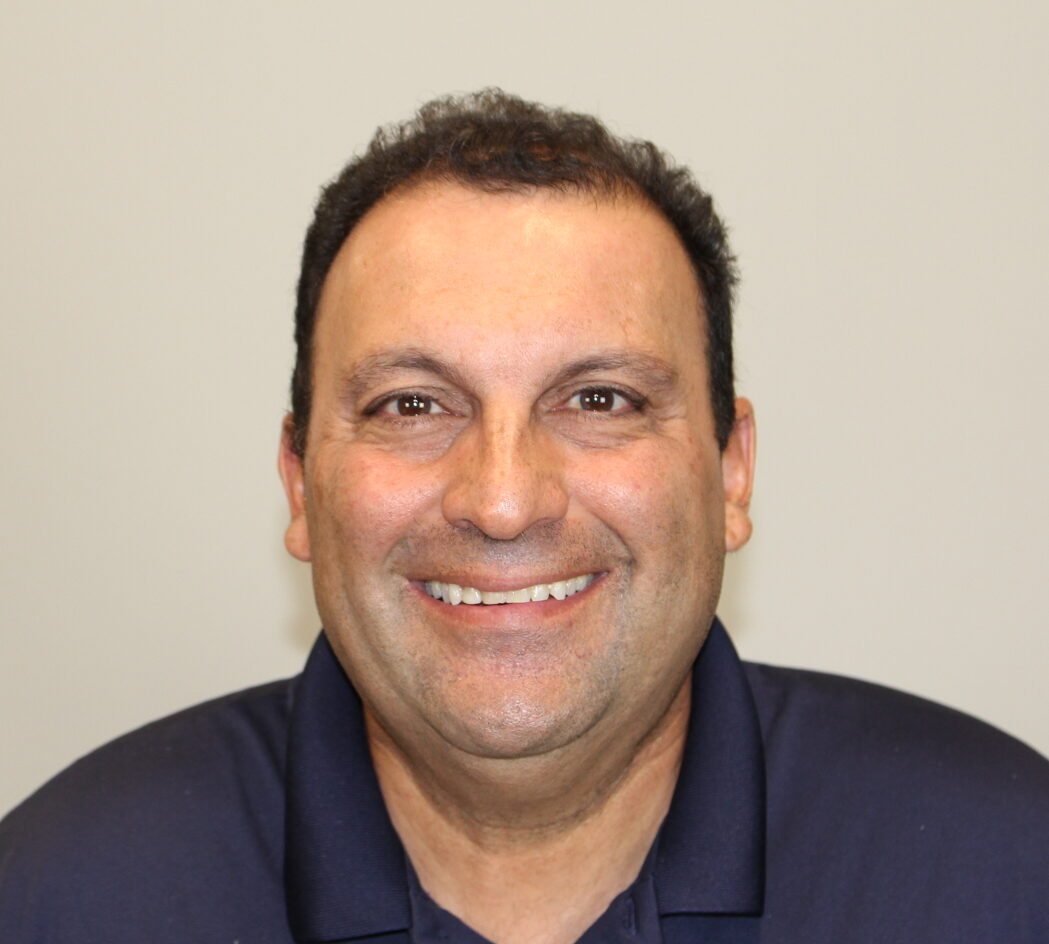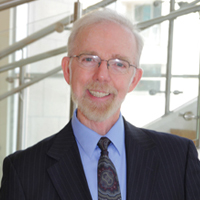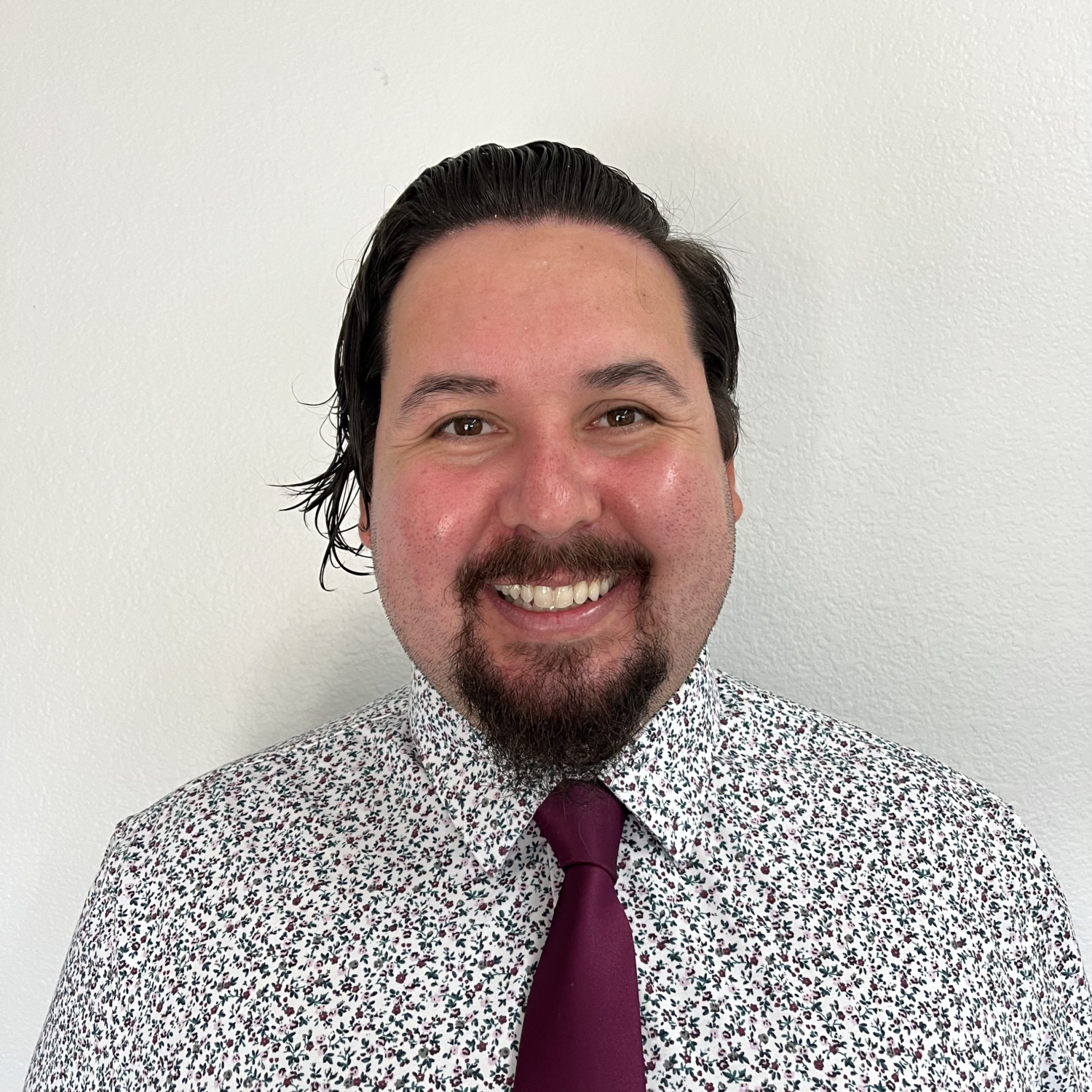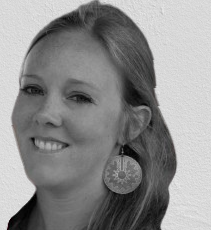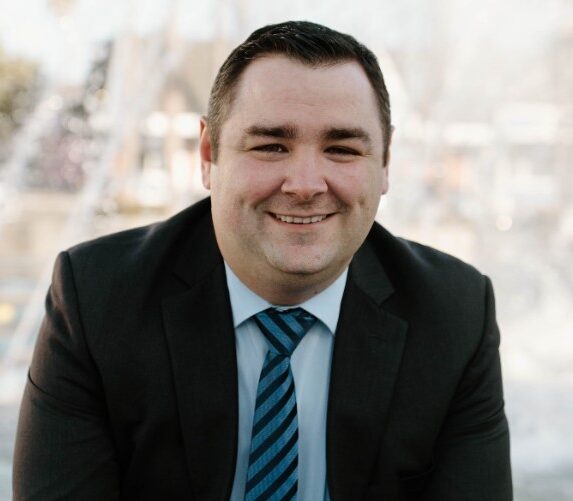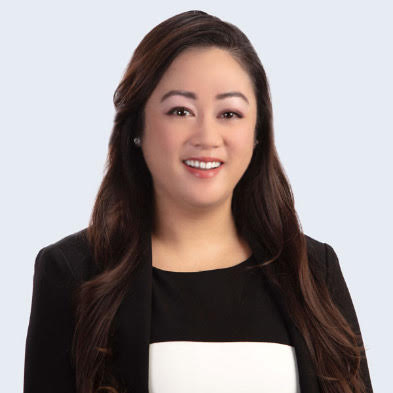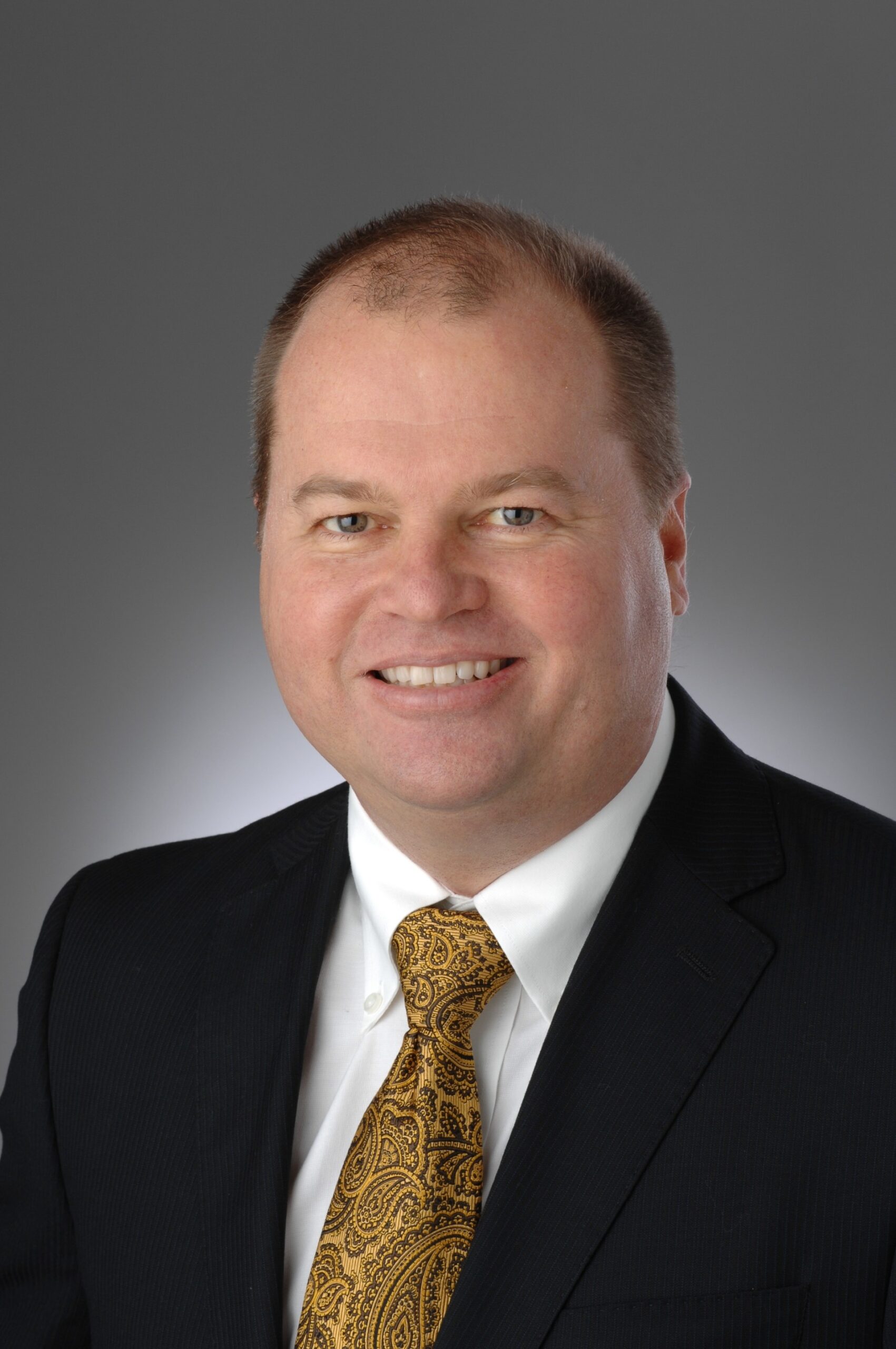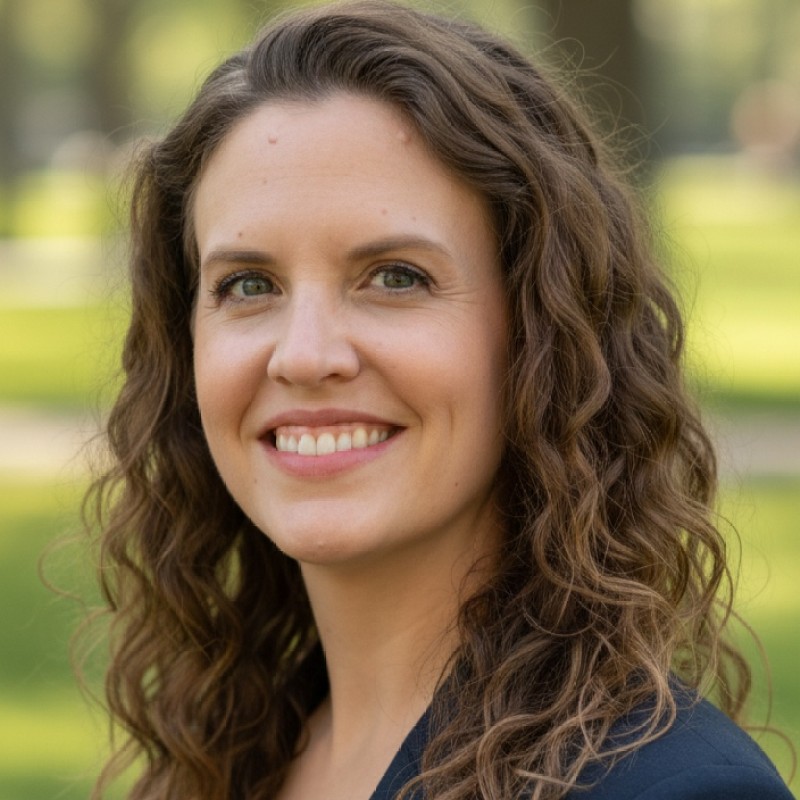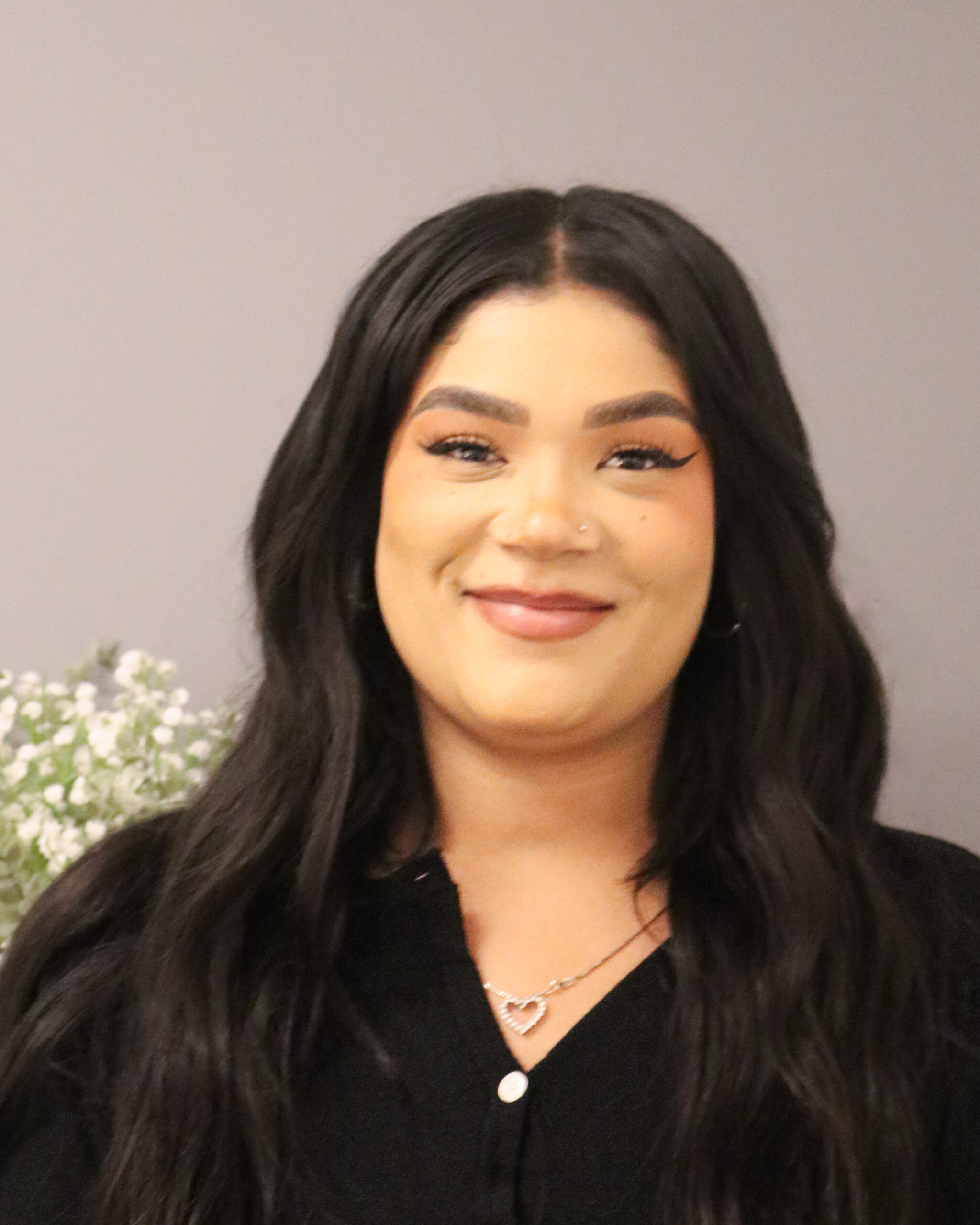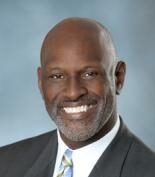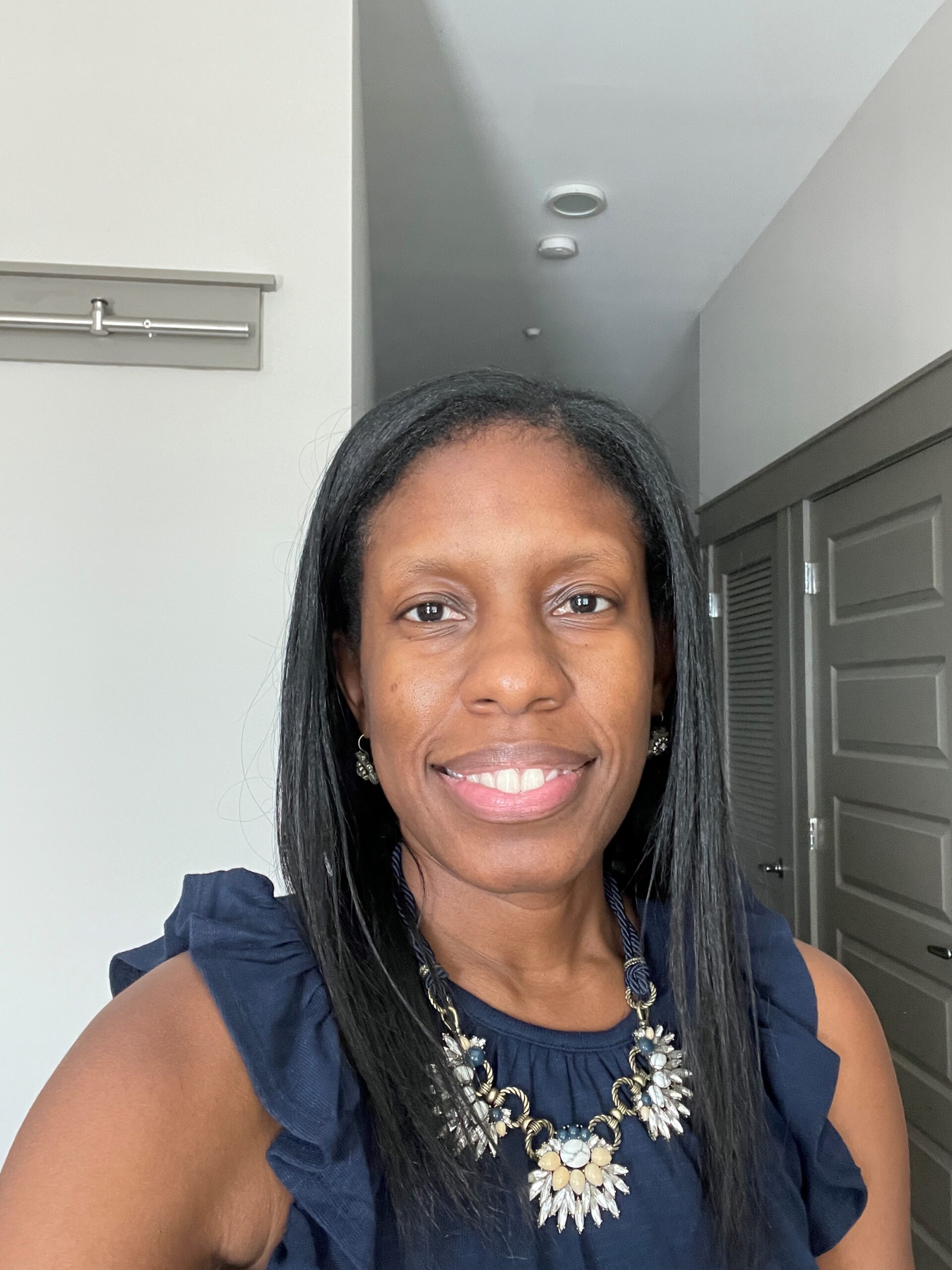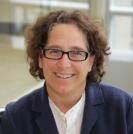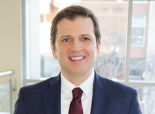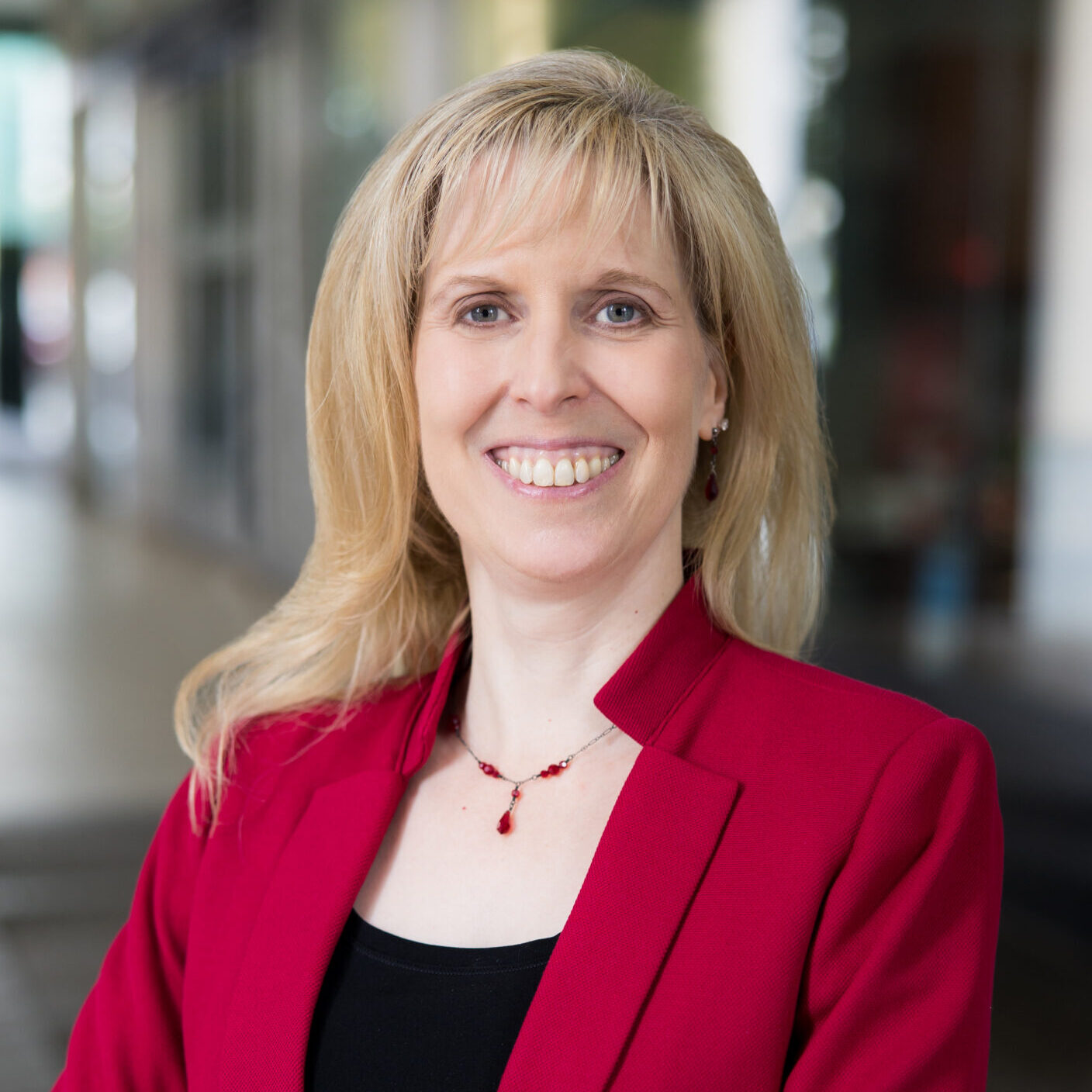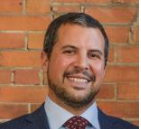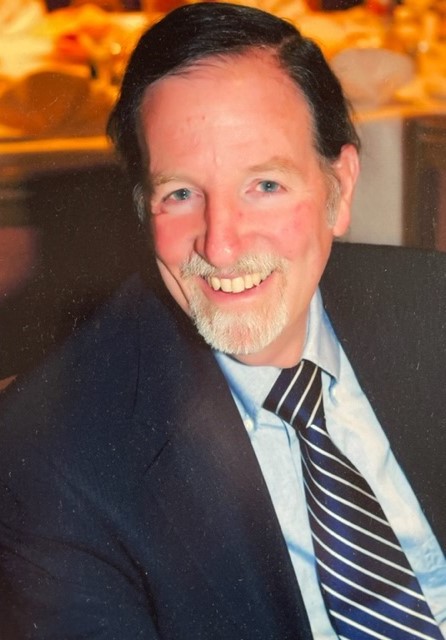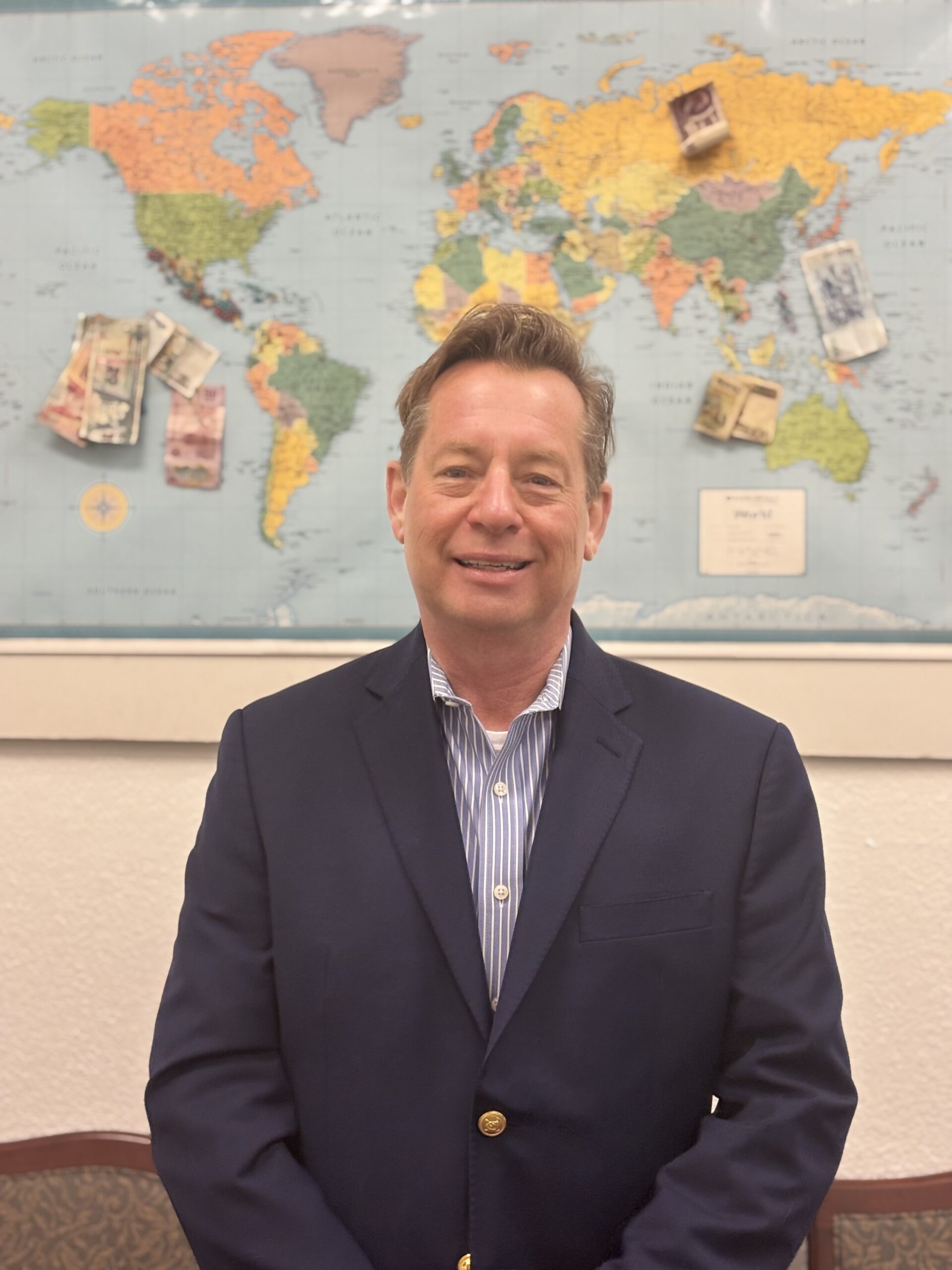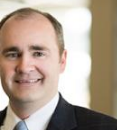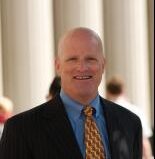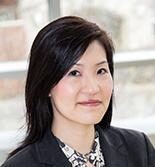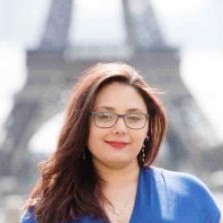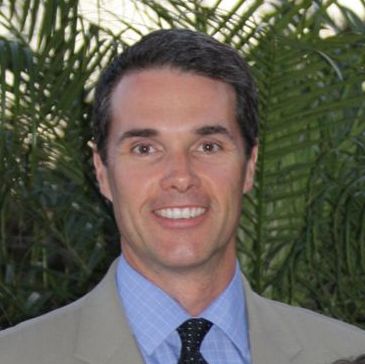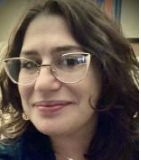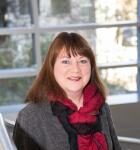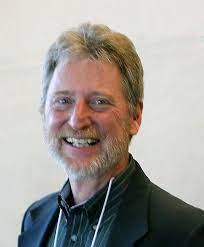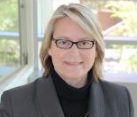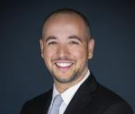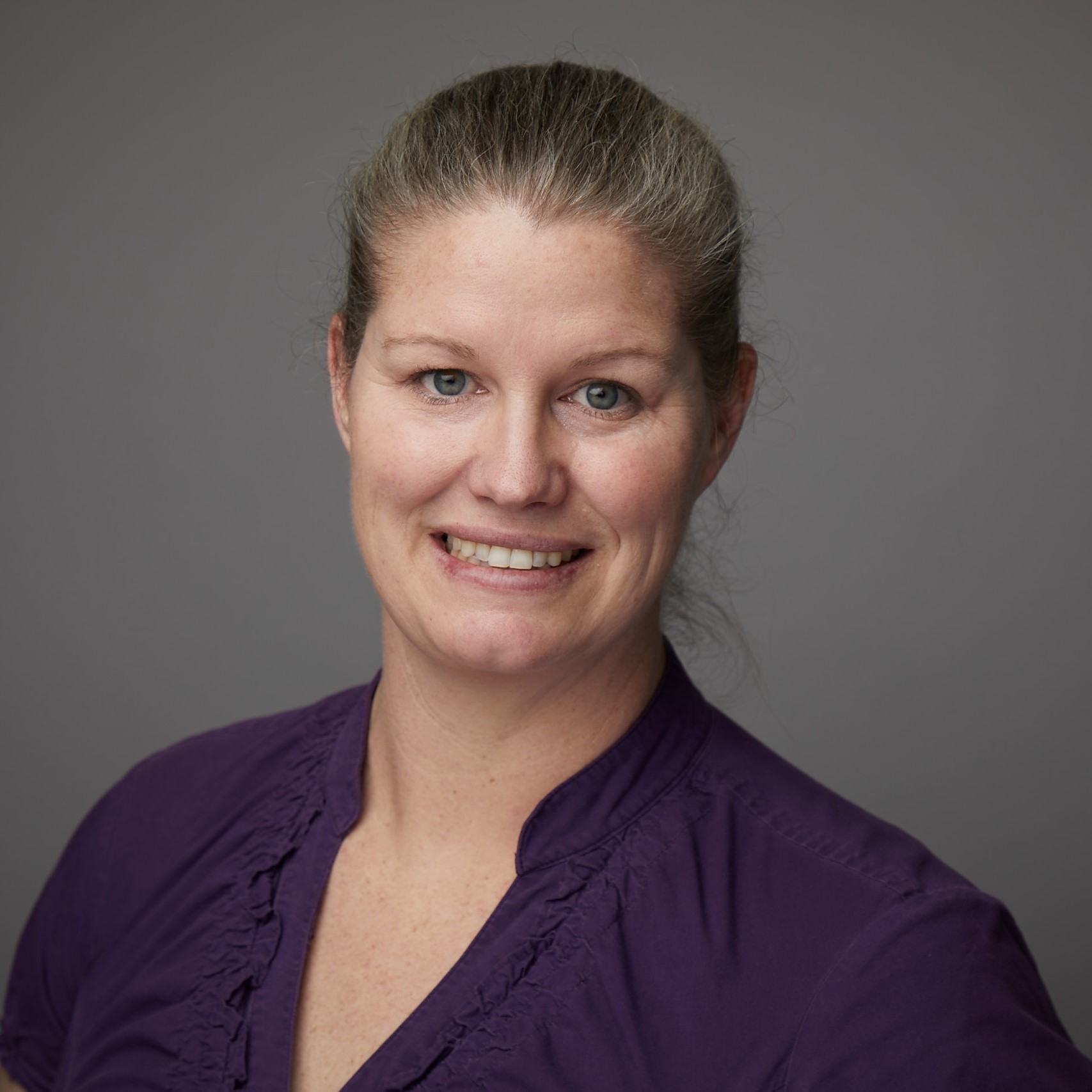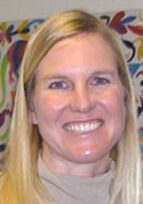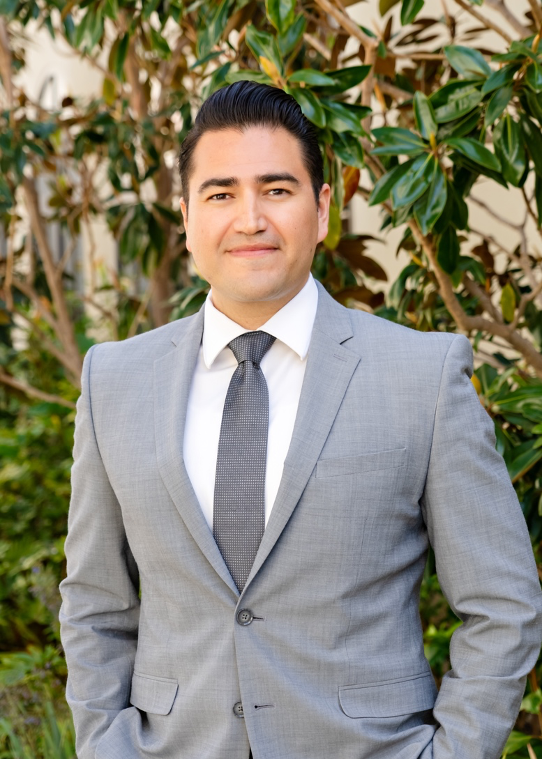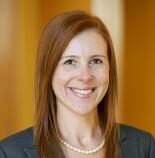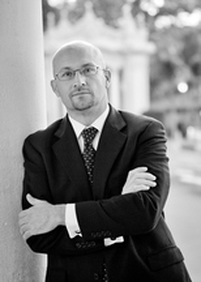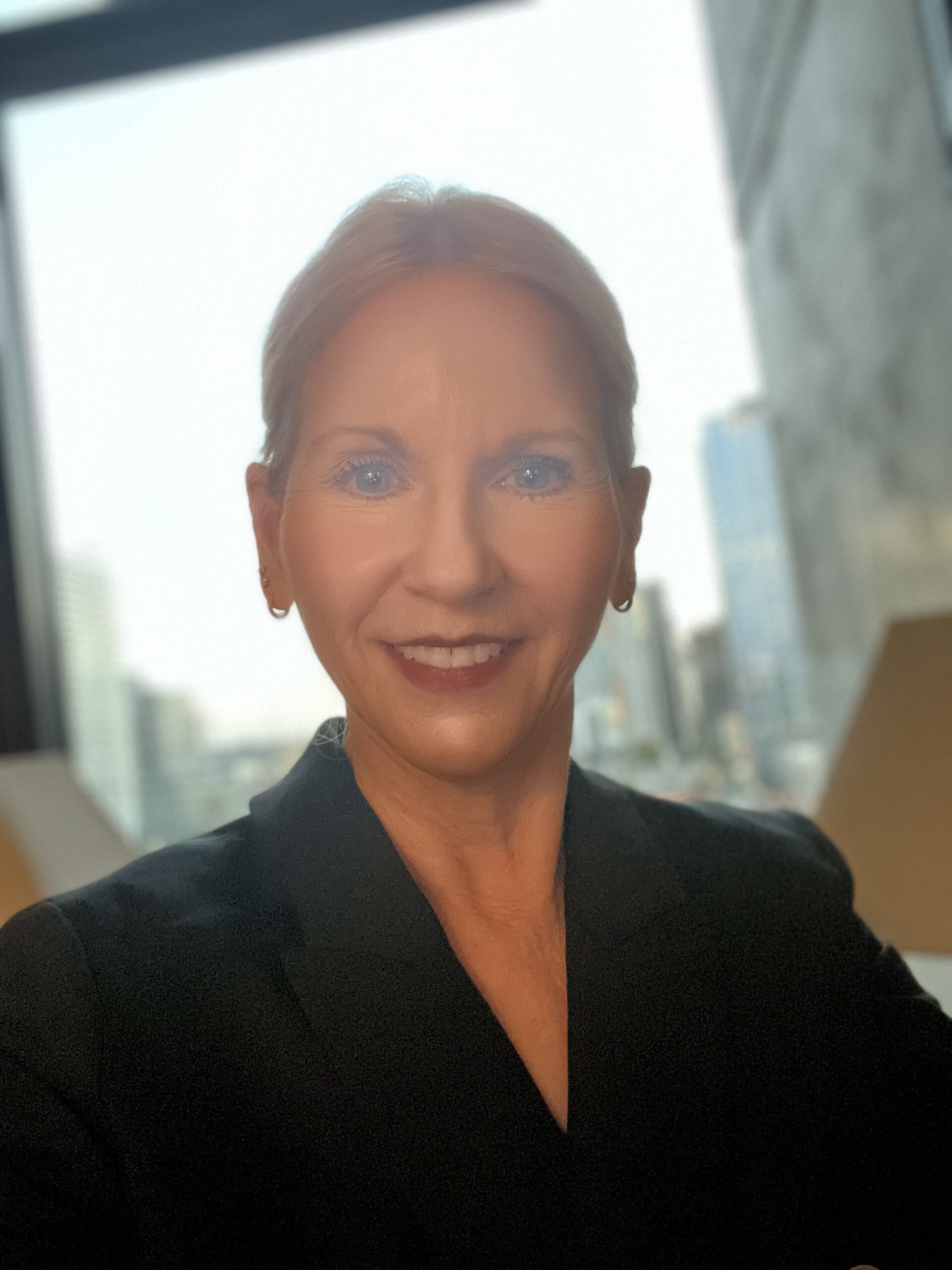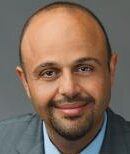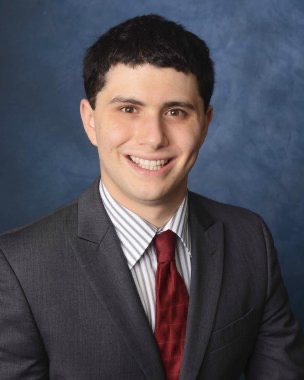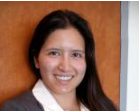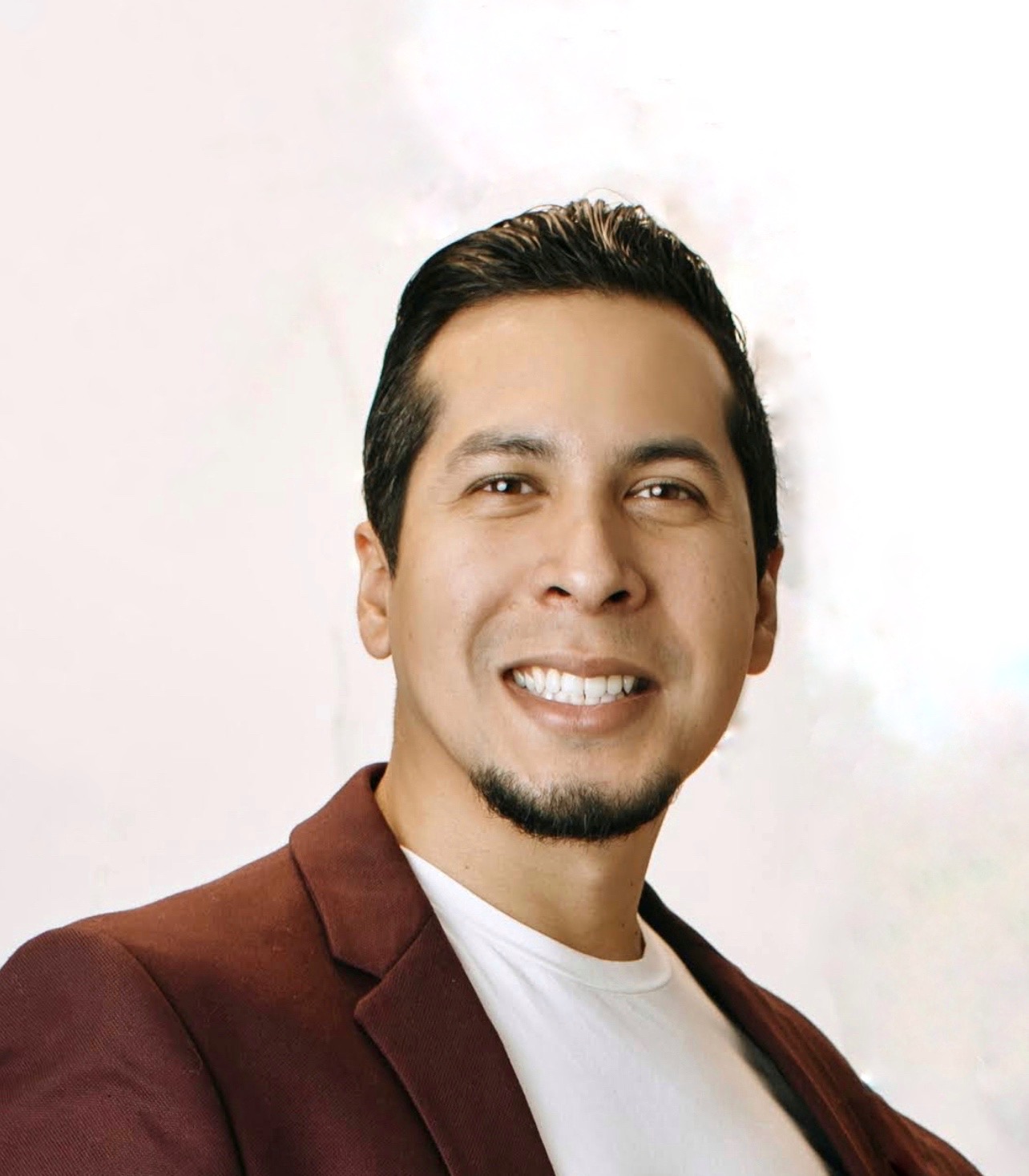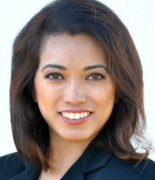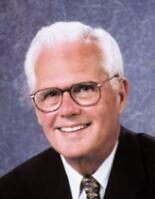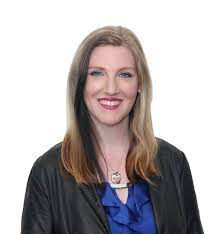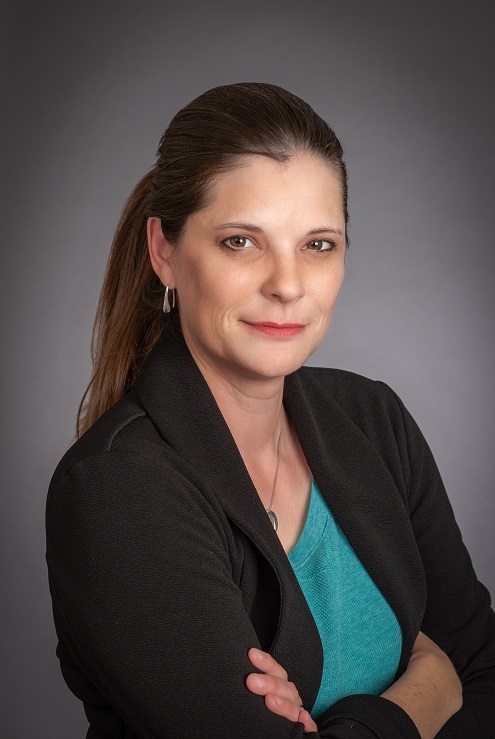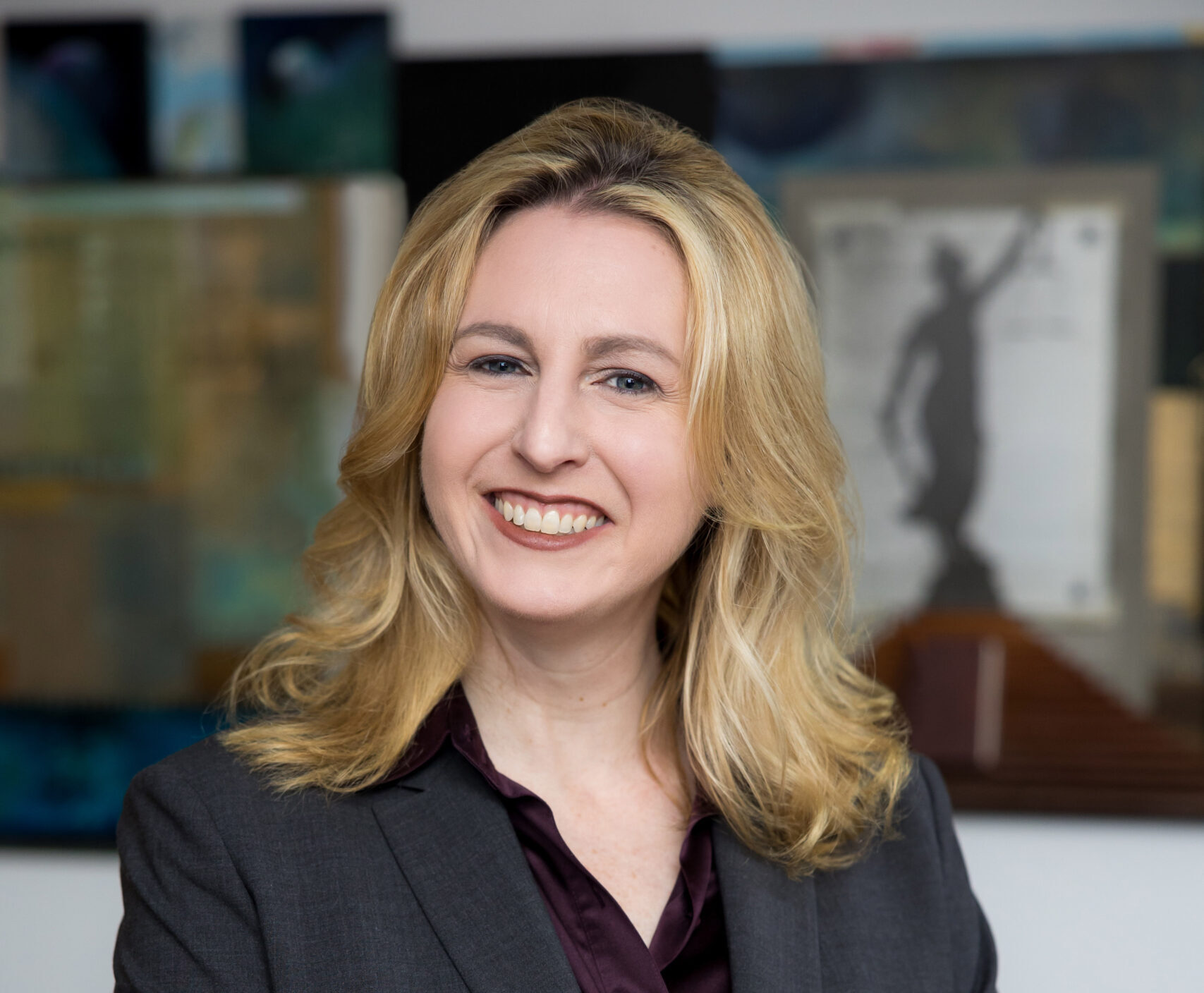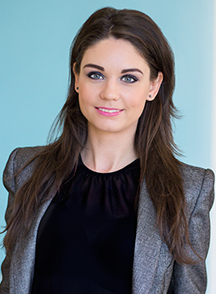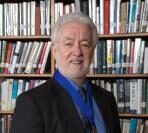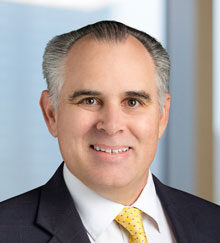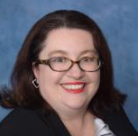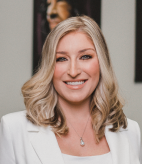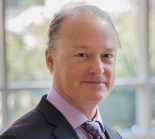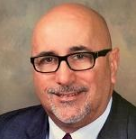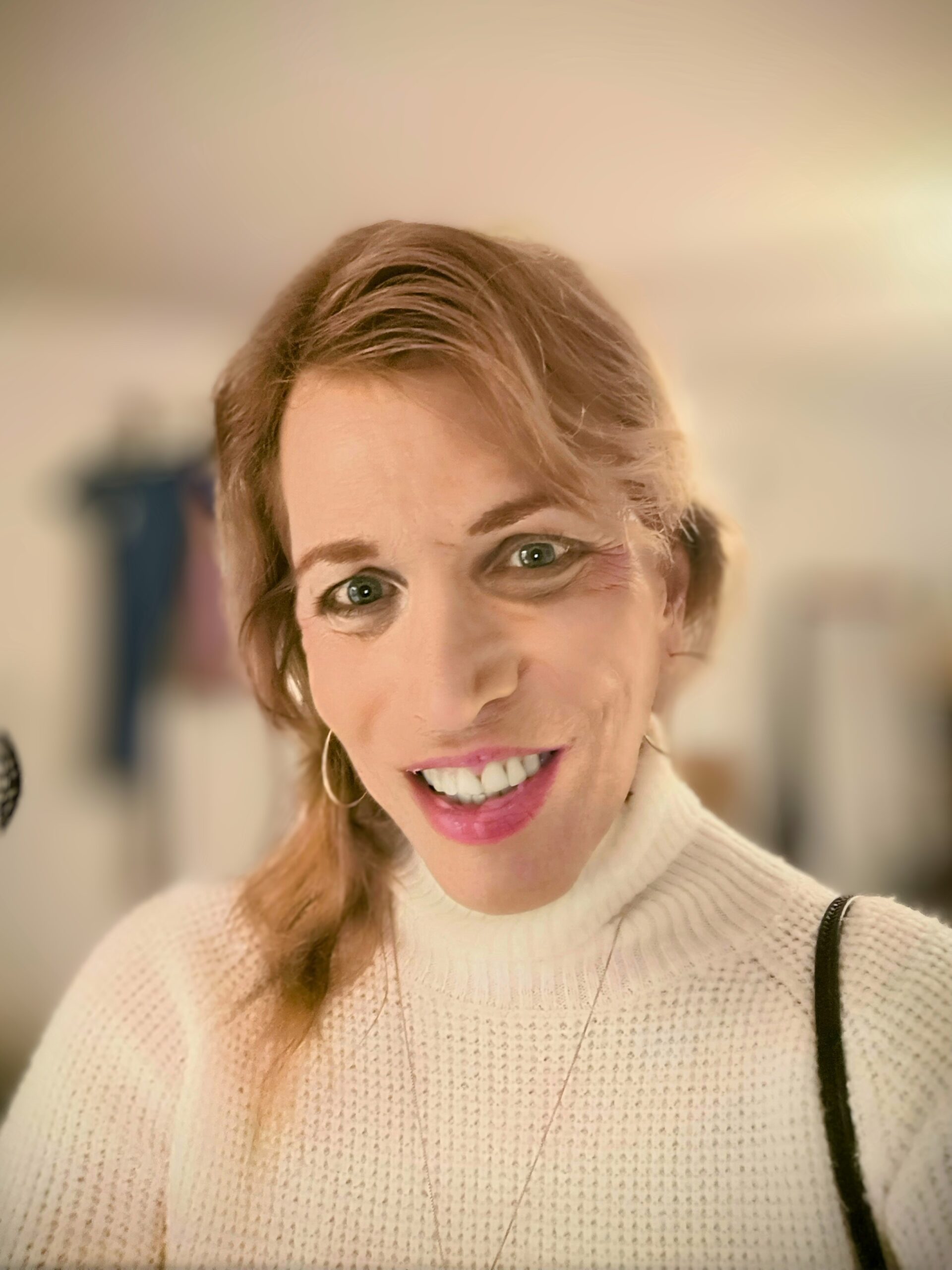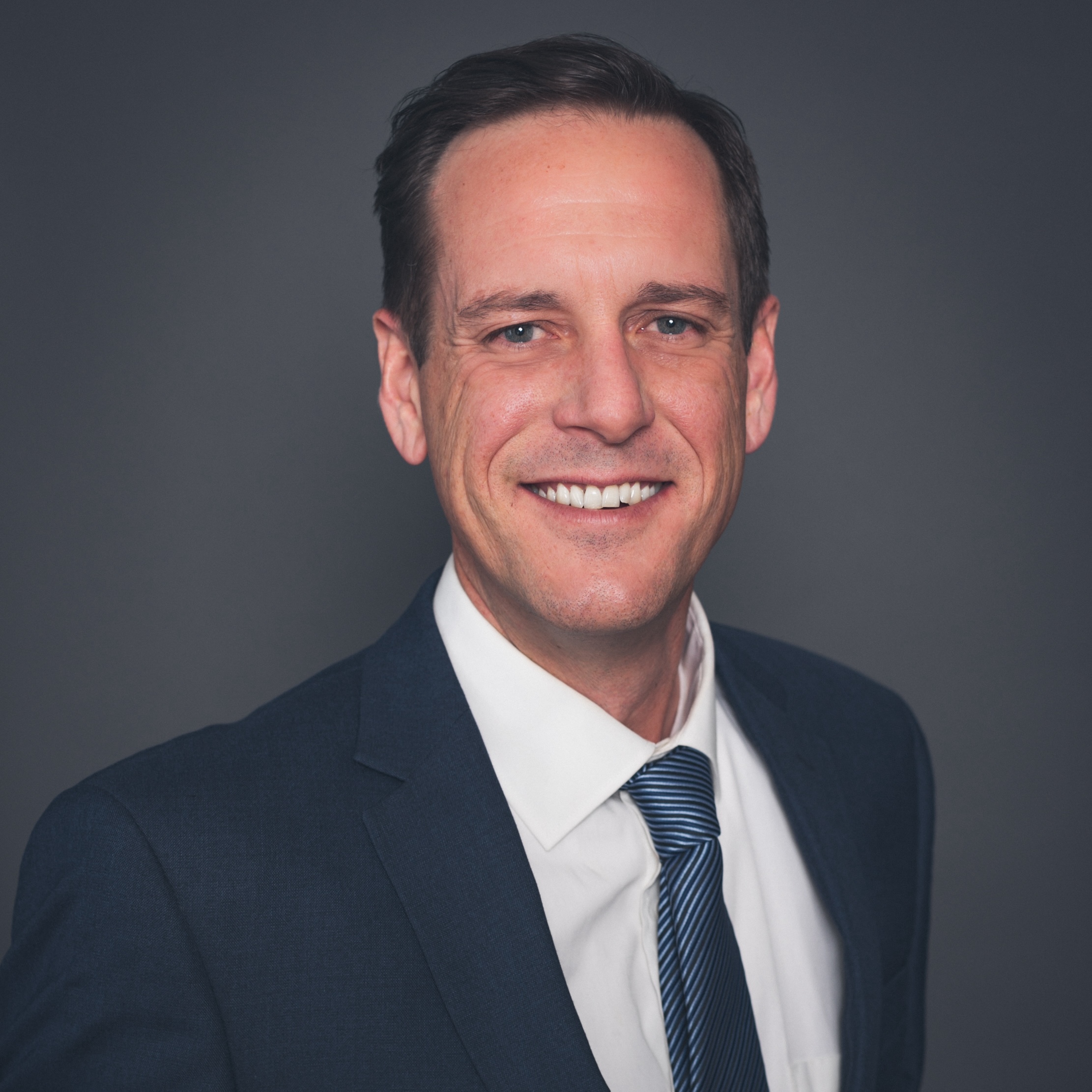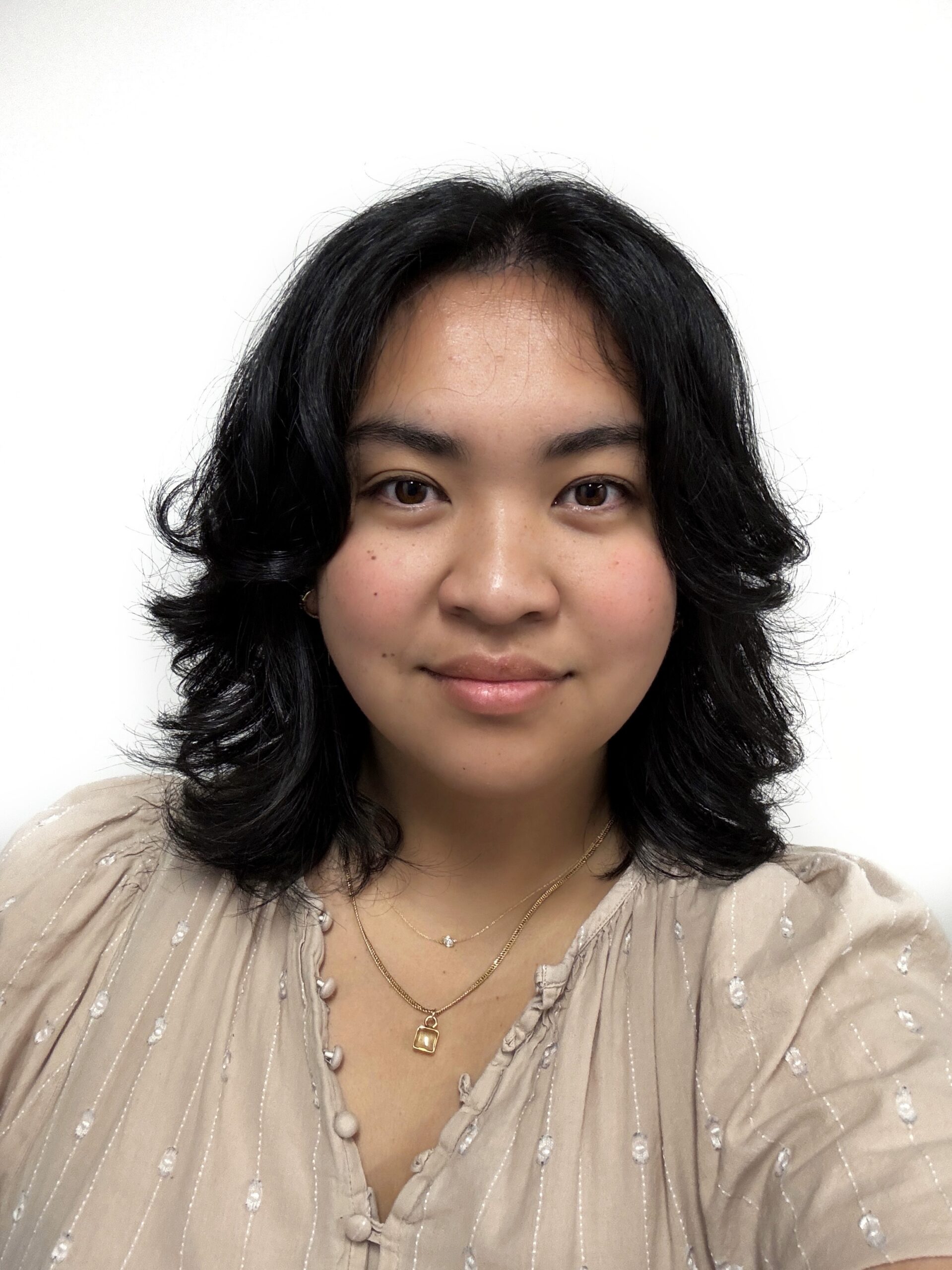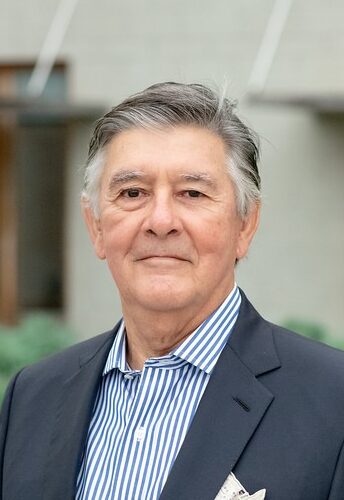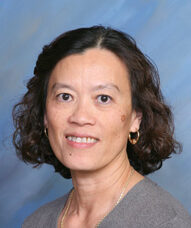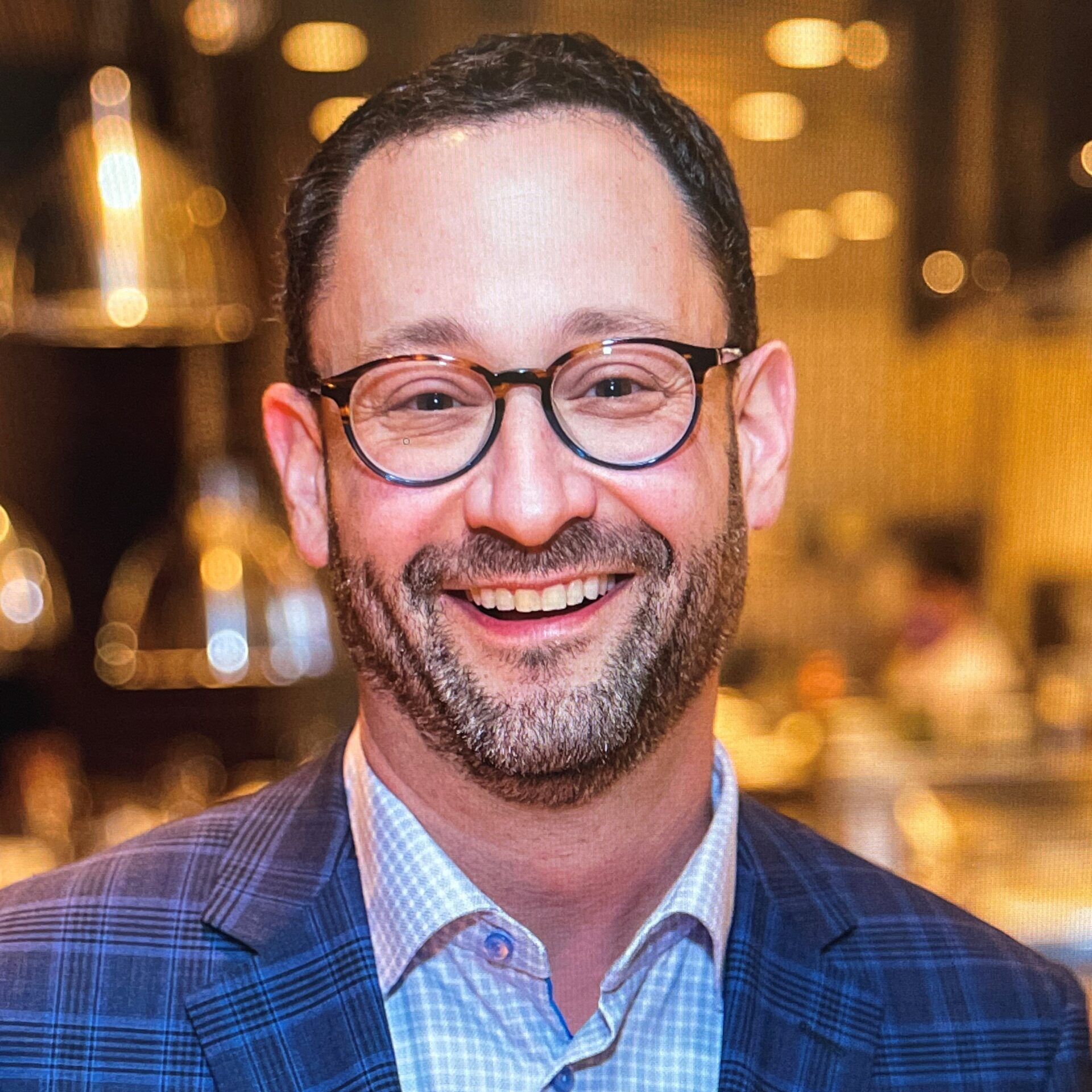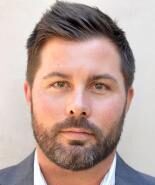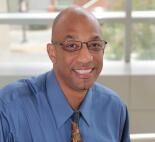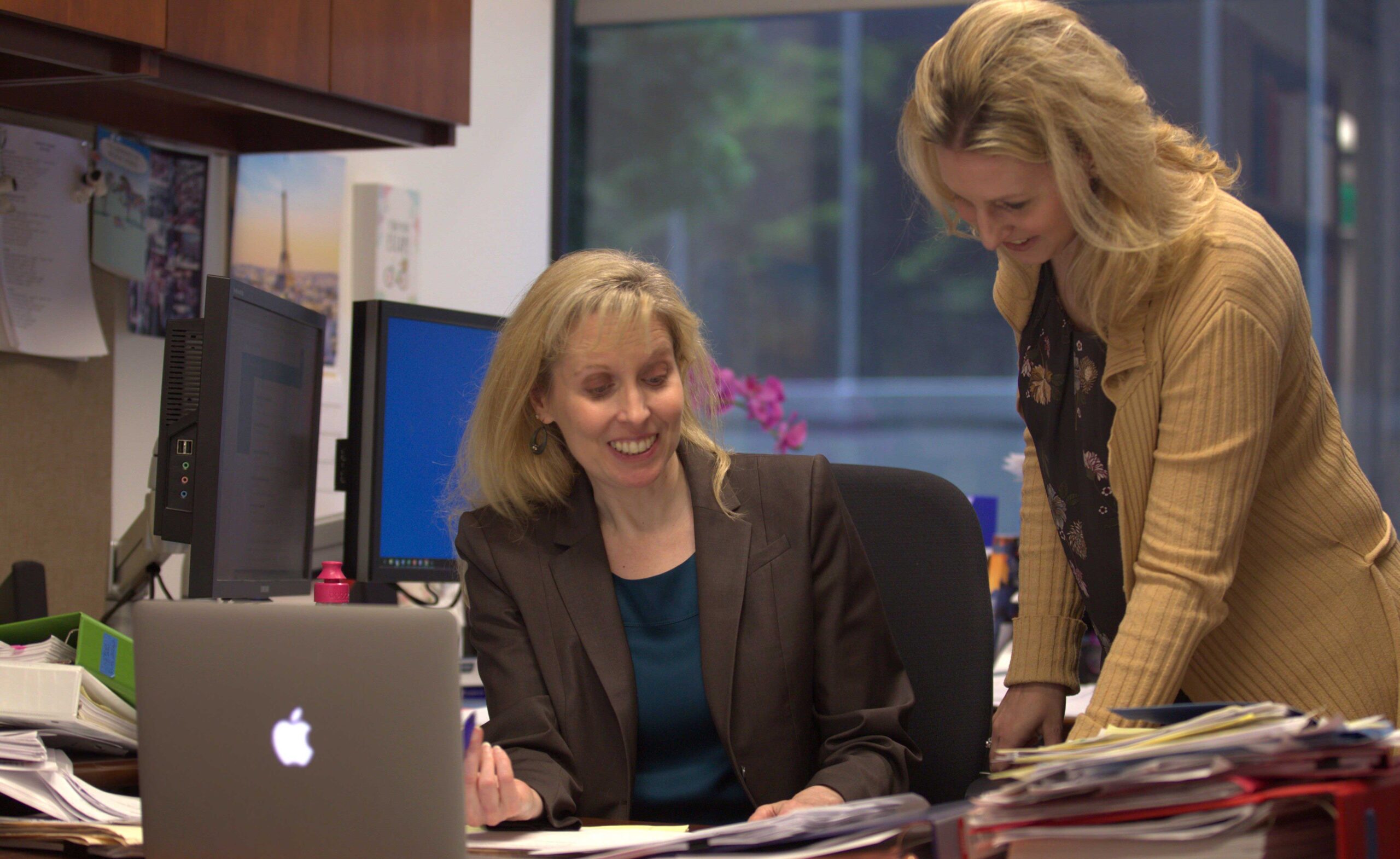
Dean & President Linda Keller & General Counsel Karin Sherr.
Directory
Department Directory
Academic Success
Veterans Legal Clinic
Fax All Departments
(619) 961-4370
Faculty & Staff Directory
Michelle Allison-Slaughter
Assistant Dean of Enrollment Management
619-961-4222
data-type=”Staff”
data-department=”Admissions”
data-area=””
data-original_index=”1″
Aparajita Bandyopadhyay
Director of Student Affairs, Title IX Coordinator
619-961-4202
abandyopadhyay@tjsl.edu
data-type=”Staff”
data-department=”Student Affairs”
data-area=””
data-original_index=”2″
David C. Beavans
Adjunct Professor
dbeavans@tjsl.edu
data-type=”Faculty”
data-department=”Academics”
data-area=””
data-original_index=”3″
Steven Berenson
Adjunct Professor
sberenson@tjsl.edu
data-type=”Faculty | Emeritus”
data-department=”Academics”
data-area=”Professional Skills”
data-original_index=”4″
Marc Berman
Director of Financial Assistance
619-961-4271
mberman@tjsl.edu
data-type=”Staff”
data-department=”Financial Aid”
data-area=””
data-original_index=”5″
Samuel W. Bettwy
Adjunct Professor
sbettwy@tjsl.edu
data-type=”Faculty”
data-department=”Academics”
data-area=””
data-original_index=”6″
Bix Bettwy
Adjunct Professor
cbettwy@tjsl.edu
data-type=”Faculty”
data-department=”Academics”
data-area=””
data-original_index=”7″
Elizabeth Biggerstaff
Adjunct Professor
data-type=”Faculty”
data-department=”Academics”
data-area=”Professional Skills”
data-original_index=”8″
Samantha Birkner
Adjunct Professor
sbirkner@tjsl.edu
data-type=”Faculty”
data-department=””
data-area=””
data-original_index=”9″
Chuck Blazer
Adjunct Professor
cblazer@tjsl.edu
data-type=”Faculty”
data-department=”Academics”
data-area=”Clinics | IP, Sports & Entertainment Law Fellowship Program”
data-original_index=”10″
Joshua Bonnici
Adjunct Professor
jbonnici@tjsl.edu
data-type=”Faculty”
data-department=”Academics”
data-area=”Professional Skills”
data-original_index=”11″
Karen Braveheart
Adjunct Faculty
kbraveheart@tjsl.edu
data-type=”Faculty”
data-department=””
data-area=””
data-original_index=”12″
Josh Brisbane
Adjunct Professor
jbrisbane@tjsl.edu
data-type=”Faculty”
data-department=”Academics”
data-area=”Professional Skills”
data-original_index=”13″
Brandon Brown
Adjunct Professor
bbrown@tjsl.edu
data-type=”Faculty”
data-department=””
data-area=””
data-original_index=”14″
Brandon Bruce
Adjunct Professor
bbruce@tjsl.edu
data-type=”Faculty”
data-department=””
data-area=””
data-original_index=”15″
Netta Burke
Director of Legal Research and Writing and Assistant Director of Academic Success and Bar Preparation
(619) 961-4230
nburke@tjsl.edu
data-type=”Faculty | Staff”
data-department=”Academic Success Program | Academics | Bar Prep”
data-area=”ASP-Bar Prep | Professional Skills”
data-original_index=”16″
Marco A. Casalins, III
Adjunct Professor
mcasalins@tjsl.edu
data-type=”Faculty”
data-department=”Academics”
data-area=”Professional Skills”
data-original_index=”17″
Lisa Chigos
Director of Human Resources
619-961-4326
lchigos@tjsl.edu
data-type=”Staff”
data-department=”HR”
data-area=””
data-original_index=”18″
Valerie Chu
Adjunct Professor
vchu@tjsl.edu
data-type=”Faculty”
data-department=”Academics”
data-area=”Women & the Law”
data-original_index=”19″
Brenda Clark
Front Desk Attendant
619-961-4399
bclark@tjsl.edu
data-type=”Staff”
data-department=”Facilities”
data-area=””
data-original_index=”20″
Seth Cohen
Adjunct Professor
scohen@tjsl.edu
data-type=”Faculty”
data-department=””
data-area=””
data-original_index=”21″
Marjorie Cohn
Emeritus Faculty
marjorie@tjsl.edu
data-type=”Emeritus”
data-department=”Academics”
data-area=””
data-original_index=”22″
Michael Crowley
Adjunct Professor
mcrowley@tjsl.edu
data-type=”Faculty”
data-department=”Academics”
data-area=””
data-original_index=”23″
Nicole D’Ambrogi
Director of Clinical Programs / Adjunct Professor
ndambrogi@tjsl.edu
data-type=”Faculty”
data-department=”Academics | Clinics”
data-area=”Clinics | Professional Skills | Women & the Law”
data-original_index=”24″
Brian Del Vecchio
Adjunct Professor
delvecba@tjsl.edu
data-type=”Faculty”
data-department=”Academics”
data-area=”Professional Skills”
data-original_index=”25″
Joy Delman
Emeritus Faculty
jdelman@tjsl.edu
data-type=”Emeritus”
data-department=”Academics”
data-area=””
data-original_index=”26″
Bruce DuChien
Faculty Assistant
619-961-4243
bduchien@tjsl.edu
data-type=”Staff”
data-department=”Academics”
data-area=””
data-original_index=”27″
Sam Ehrlich
Adjunct Faculty
ehrlicsc@tjsl.edu
data-type=”Faculty”
data-department=”Academics”
data-area=””
data-original_index=”28″
Ali Emami
Operations Coordinator
619-961-4273
aemami@tjsl.edu
data-type=”Staff”
data-department=”Facilities”
data-area=””
data-original_index=”29″
Chad Engbrecht
Trustee
data-type=”Trustees”
data-department=””
data-area=””
data-original_index=”30″
Jubani Estrada
Adjunct Professor
jestrada@tjsl.edu
data-type=”Faculty”
data-department=”Academics”
data-area=””
data-original_index=”31″
Frantz Farreau
Adjunct Professor
ffarreau@tjsl.edu
data-type=”Faculty”
data-department=”Academics”
data-area=””
data-original_index=”32″
David Finn
Adjunct Professor
dfinn@tjsl.edu
data-type=”Faculty”
data-department=”Academics”
data-area=”Criminal Law Fellowship Program | Professional Skills”
data-original_index=”33″
Glen Galarpe
Director of Information Technology / Instructional Designer
619-961-4316
ggalarpe@tjsl.edu
data-type=”Staff”
data-department=”Academics | IT”
data-area=””
data-original_index=”34″
Reza Garajedaghi
Recruitment and Outreach Manager
619-961-4221
rgarajedaghi@tjsl.edu
data-type=”Staff”
data-department=”Admissions”
data-area=””
data-original_index=”35″
A. Thomas Golden
Emeritus Professor
thomasg@tjsl.edu
data-type=”Emeritus”
data-department=”Academics”
data-area=””
data-original_index=”37″
Diego Gallego Gomez
Adjunct Faculty
dgomez@tjsl.edu
data-type=”Faculty”
data-department=””
data-area=””
data-original_index=”38″
Chelsea Grant
Librarian
619-961-4214
cgrant@tjsl.edu
data-type=”Staff”
data-department=”Library”
data-area=””
data-original_index=”39″
Julie Greenberg
Emeritus Faculty
julieg@tjsl.edu
data-type=”Emeritus”
data-department=”Academics”
data-area=””
data-original_index=”40″
Randy Grossman
Adjunct Professor
rgrossman@tjsl.edu
data-type=”Faculty”
data-department=”Academics”
data-area=”Criminal Law Fellowship Program | IP, Sports & Entertainment Law Fellowship Program | National Sports Law Negotiation Competition | Study Abroad Program | Professional Skills”
data-original_index=”41″
Elizabeth Grumet Gonzalez
Adjunct Professor
egonzalez@tjsl.edu
data-type=”Faculty”
data-department=”Academics”
data-area=”Professional Skills”
data-original_index=”42″
Michael Hernandez
Adjunct Professor
data-type=”Faculty”
data-department=”Academics”
data-area=”Criminal Law Fellowship Program”
data-original_index=”43″
James Hess
Adjunct Professor
jhess@tjsl.edu
data-type=”Faculty”
data-department=””
data-area=””
data-original_index=”44″
Julie Houth
Adjunct Professor
jhouth@tjsl.edu
data-type=”Faculty”
data-department=”Academics”
data-area=”Professional Skills”
data-original_index=”45″
Shawn P. Huston
Adjunct Faculty
shuston@tjsl.edu
data-type=”Faculty”
data-department=””
data-area=””
data-original_index=”46″
Taylor Israel
Associate Dean of Academic Administration / Director of Academic Success and Bar Preparation
619-961-4285
tisrael@tjsl.edu
data-type=”Faculty | Staff”
data-department=”Academic Success Program | Academics | Bar Prep”
data-area=”ASP-Bar Prep | Women & the Law”
data-original_index=”47″
Jessica Johnson
Registrar
619-961-4291
jjohnson@tjsl.edu
data-type=”Staff”
data-department=”Registrar”
data-area=””
data-original_index=”48″
Randy K. Jones
Trustee
data-type=”Trustees”
data-department=””
data-area=””
data-original_index=”49″
Kaleena Karl
Director of Academic Administration
619-961-4256
kkarl@tjsl.edu
data-type=”Staff”
data-department=”Academics”
data-area=””
data-original_index=”50″
Madeline June Kass
Emeritus Faculty
mkass@tjsl.edu
data-type=”Emeritus”
data-department=”Academics”
data-area=””
data-original_index=”51″
Anders Kaye
Associate Dean for Faculty Development, Professor of Law Director, Criminal Law Fellowship Program Director, Center for Criminal Law and Policy
619-961-4259
anderskaye@tjsl.edu
data-type=”Faculty”
data-department=”Academics”
data-area=”Criminal Law Fellowship Program”
data-original_index=”52″
Carrie Kazyaka
Business Office Director
619-961-1045
ckazyaka@tjsl.edu
data-type=”Staff”
data-department=”Business Office / Student Accounts & Finance”
data-area=””
data-original_index=”53″
Linda M. Keller
President and Dean
(619) 961-4282
lkeller@tjsl.edu
data-type=”Faculty”
data-department=”Academics”
data-area=”ASP-Bar Prep | Criminal Law Fellowship Program | Women & the Law”
data-original_index=”54″
Mark Kesten
Adjunct Professor
mkesten@tjsl.edu
data-type=”Faculty”
data-department=”Academics”
data-area=”IP, Sports & Entertainment Law Fellowship Program”
data-original_index=”55″
Garrison “Bud” Klueck
Adjunct Professor
gklueck@tjsl.edu
data-type=”Faculty”
data-department=”Academics”
data-area=””
data-original_index=”56″
Alex Landon
Adjunct Professor
alandon@tjsl.edu
data-type=”Faculty”
data-department=””
data-area=”Criminal Law Fellowship Program”
data-original_index=”57″
David Landry
Adjunct Faculty
dlandry@tjsl.edu
data-type=”Faculty”
data-department=””
data-area=””
data-original_index=”58″
Amy Lass
Adjunct Professor
alass@tjsl.edu
data-type=”Faculty”
data-department=”Academics”
data-area=””
data-original_index=”59″
Peter Law
Adjunct Professor
plaw@tjsl.edu
data-type=”Faculty”
data-department=”Academics”
data-area=”IP, Sports & Entertainment Law Fellowship Program”
data-original_index=”60″
Daniel Lawton
Adjunct Professor
data-type=”Faculty”
data-department=”Academics”
data-area=”Professional Skills”
data-original_index=”61″
Rebecca K. Lee
Emeritus Faculty
rlee@tjsl.edu
data-type=”Emeritus”
data-department=”Academics”
data-area=””
data-original_index=”62″
Patricia Letts
Adjunct Professor
lettspb@tjsl.edu
data-type=”Faculty”
data-department=”Academics”
data-area=”National Sports Law Negotiation Competition | Professional Skills”
data-original_index=”63″
Kendall DeMatteo Levan
Trustee
data-type=”Trustees”
data-department=””
data-area=””
data-original_index=”64″
Deane ‘Cal’ Logan
Trustee & Adjunct Professor
data-type=”Faculty | Trustees”
data-department=”Academics”
data-area=””
data-original_index=”65″
Julie Mack
Adjunct Professor
jmack@tjsl.edu
data-type=”Faculty”
data-department=”Academics”
data-area=””
data-original_index=”66″
Allison Madwatkins
Adjunct Professor
amadwatkins@tjsl.edu
data-type=”Faculty”
data-department=”Academics”
data-area=””
data-original_index=”67″
Maureen E. Markey
Emeritus Faculty
maureenm@tjsl.edu
data-type=”Emeritus”
data-department=”Academics”
data-area=””
data-original_index=”68″
Michael Martindill
Adjunct Professor
mmartindill@tjsl.edu
data-type=”Faculty”
data-department=”Academics”
data-area=””
data-original_index=”69″
Lilys McCoy
Adjunct Professor
lmccoy@tjsl.edu
data-type=”Faculty”
data-department=”Academics”
data-area=””
data-original_index=”70″
Jonathan Mputu
Adjunct Professor
jmputu@tjsl.edu
data-type=”Faculty”
data-department=”Academics”
data-area=”IP, Sports & Entertainment Law Fellowship Program | Professional Skills”
data-original_index=”71″
Robert Munro
Adjunct Professor
bmunro@tjsl.edu
data-type=”Faculty”
data-department=”Academics”
data-area=””
data-original_index=”72″
Flavio Nominati
Adjunct Professor
nominaf@tjsl.edu
data-type=”Faculty”
data-department=”Academics”
data-area=”Criminal Law Fellowship Program”
data-original_index=”73″
Erin O’Kane Allen
Adjunct Faculty
eokane@tjsl.edu
data-type=”Faculty”
data-department=””
data-area=””
data-original_index=”74″
Barbara Oetting
Adjunct Professor
boetting@tjsl.edu
data-type=”Faculty”
data-department=”Academics”
data-area=”Professional Skills”
data-original_index=”75″
Agustin Pena
Adjunct Professor
apena@tjsl.edu
data-type=”Faculty”
data-department=”Academics”
data-area=”Criminal Law Fellowship Program”
data-original_index=”76″
Rory Pendergast
Adjunct Professor
rpendergast@tjsl.edu
data-type=”Faculty”
data-department=”Academics”
data-area=”Professional Skills”
data-original_index=”77″
Lindsay Petitte
Trustee
data-type=”Trustees”
data-department=””
data-area=””
data-original_index=”78″
Christopher Ramey
Adjunct Professor
cramey@tjsl.edu
data-type=”Faculty”
data-department=”Academics”
data-area=”Study Abroad Program | Professional Skills”
data-original_index=”79″
Elizabeth Reilly
Professor of Law
ereilly@tjsl.edu
data-type=”Faculty”
data-department=”Academic Success Program | Academics | Bar Prep”
data-area=”ASP-Bar Prep | Clinics | IP, Sports & Entertainment Law Fellowship Program”
data-original_index=”80″
H. Sammy Rihan
Trustee
data-type=”Trustees”
data-department=””
data-area=””
data-original_index=”81″
Ben Rudin
Adjunct Faculty
brudin@tjsl.edu
data-type=”Faculty”
data-department=”Academics”
data-area=”ASP-Bar Prep”
data-original_index=”82″
Ashley Salas
Adjunct Professor
asalas@tjsl.edu
data-type=”Faculty”
data-department=”Academics”
data-area=”Professional Skills”
data-original_index=”83″
Teodosio “Angel” Sanchez
Adjunct Professor
sancheta@tjsl.edu
data-type=”Faculty”
data-department=”Academics”
data-area=”Clinics | IP, Sports & Entertainment Law Fellowship Program”
data-original_index=”84″
Alison Schlick
Adjunct Faculty
aschlick@tjsl.edu
data-type=”Faculty”
data-department=””
data-area=””
data-original_index=”85″
Christine Schumacher
Adjunct Professor
cpangan@tjsl.edu
data-type=”Faculty”
data-department=””
data-area=””
data-original_index=”86″
Richard Scott
Emeritus Faculty
richards@tjsl.edu
data-type=”Emeritus”
data-department=”Academics”
data-area=””
data-original_index=”87″
Steven Semeraro
Faculty
619-961-4305
ssemerero@tjsl.edu
data-type=”Faculty”
data-department=”Academics”
data-area=”Clinics | Criminal Law Fellowship Program | IP, Sports & Entertainment Law Fellowship Program | National Sports Law Negotiation Competition | Study Abroad Program | Professional Skills”
data-original_index=”88″
Koryn Sheppard
Adjunct Professor
ksheppard@tjsl.edu
data-type=”Faculty”
data-department=”Academics”
data-area=””
data-original_index=”89″
Laura Sheppard
Adjunct Professor
lsheppard@tjsl.edu
data-type=”Faculty”
data-department=””
data-area=””
data-original_index=”90″
Karin Sherr
Vice President & General Counsel
619-961-4240
ksherr@tjsl.edu
data-type=”Staff”
data-department=””
data-area=””
data-original_index=”91″
Luciana Simion
Adjunct Professor
lsimion@tjsl.edu
data-type=”Faculty”
data-department=”Academics”
data-area=””
data-original_index=”92″
William Slomanson
Emeritus Faculty
bills@tjsl.edu
data-type=”Emeritus”
data-department=”Academics”
data-area=””
data-original_index=”93″
Garrett A. Smee
Adjunct Professor
gsmee@tjsl.edu
data-type=”Faculty”
data-department=””
data-area=””
data-original_index=”94″
John Snay
Multimedia and I.T. Client Services Specialist
619-961-4225
jsnay@tjsl.edu
data-type=”Staff”
data-department=”IT”
data-area=””
data-original_index=”95″
Kathleen Spero
Adjunct Professor
kspero@tjsl.edu
data-type=”Faculty”
data-department=”Academics”
data-area=””
data-original_index=”96″
Hon. Renée N.G. Stackhouse
Trustee
data-type=”Trustees”
data-department=””
data-area=””
data-original_index=”97″
Chryseis Starros
Adjunct Professor
cstarros@tjsl.edu
data-type=”Faculty”
data-department=”Academics”
data-area=”Criminal Law Fellowship Program”
data-original_index=”98″
Brian Stern
Institutional Research Analyst
bstern@tjsl.edu
data-type=”Staff”
data-department=””
data-area=””
data-original_index=”99″
Fernando Tafoya
Adjunct Professor
ftafoya@tjsl.edu
data-type=”Faculty”
data-department=”Academics”
data-area=””
data-original_index=”100″
Jay Temple
Adjunct Professor
jtemple@tjsl.edu
data-type=”Faculty”
data-department=”Academics”
data-area=”Professional Skills”
data-original_index=”101″
Ally Ben Templin
Professor of Law
619-961-4317
btemplin@tjsl.edu
data-type=”Faculty”
data-department=”Academics”
data-area=””
data-original_index=”102″
Nicholas P. Terwilliger
Adjunct Professor of Law
nterwilliger@tjsl.edu
data-type=”Faculty”
data-department=”Academics”
data-area=””
data-original_index=”103″
Susan Tiefenbrun
Professor Emeritus
susant@tjsl.edu
data-type=”Emeritus”
data-department=”Academics”
data-area=””
data-original_index=”104″
Judybeth Tropp
Career Services & Externship/Pro Bono Director
619-961-4319
jtropp@tjsl.edu
data-type=”Faculty | Staff”
data-department=”Academics | Career Services”
data-area=”Criminal Law Fellowship Program | IP, Sports & Entertainment Law Fellowship Program | Professional Skills | Women & the Law”
data-original_index=”105″
Frances Kyle Urani
Clinic and Academic Administrative Assistant
furani@tjsl.edu
data-type=”Staff”
data-department=”Academics | Clinics”
data-area=”Clinics”
data-original_index=”106″
Victor Vilaplana
Trustee
data-type=”Trustees”
data-department=””
data-area=””
data-original_index=”107″
Nancy Vu
Chief Financial Officer
619-961-4325
nancyv@tjsl.edu
data-type=”Staff”
data-department=”Business Office”
data-area=””
data-original_index=”108″
Ellen Waldman
Emeritus Faculty
619-961-4346
ellenw@tjsl.edu
data-type=”Emeritus”
data-department=”Academics”
data-area=”Professional Skills”
data-original_index=”109″
Daniel Watts
Adjunct Professor
dwatts@tjsl.edu
data-type=”Faculty”
data-department=””
data-area=””
data-original_index=”110″
Michael H. Weiner
Adjunct Professor
data-type=”Faculty”
data-department=”Academics”
data-area=”Professional Skills”
data-original_index=”111″
Kaimipono David Wenger
Emeritus Professor
kwenger@tjsl.edu
data-type=”Emeritus”
data-department=”Academics”
data-area=””
data-original_index=”112″
Stanley Wezelman
Adjunct Professor
swezelman@tjsl.edu
data-type=”Faculty”
data-department=”Academics”
data-area=””
data-original_index=”113″
Brandon White
Trustee
data-type=”Trustees”
data-department=””
data-area=””
data-original_index=”114″
Robert Wickman
Adjunct Professor of Law
rwickman@tjsl.edu
data-type=”Faculty”
data-department=”Academics | Library”
data-area=”Professional Skills”
data-original_index=”115″
Bryan Wildenthal
Emeritus Faculty
bryanw@tjsl.edu
data-type=”Emeritus”
data-department=”Academics”
data-area=””
data-original_index=”116″
Harry Zanville
Adjunct Professor
hzanville@tjsl.edu
data-type=”Faculty”
data-department=”Academics”
data-area=”Professional Skills”
data-original_index=”117″

